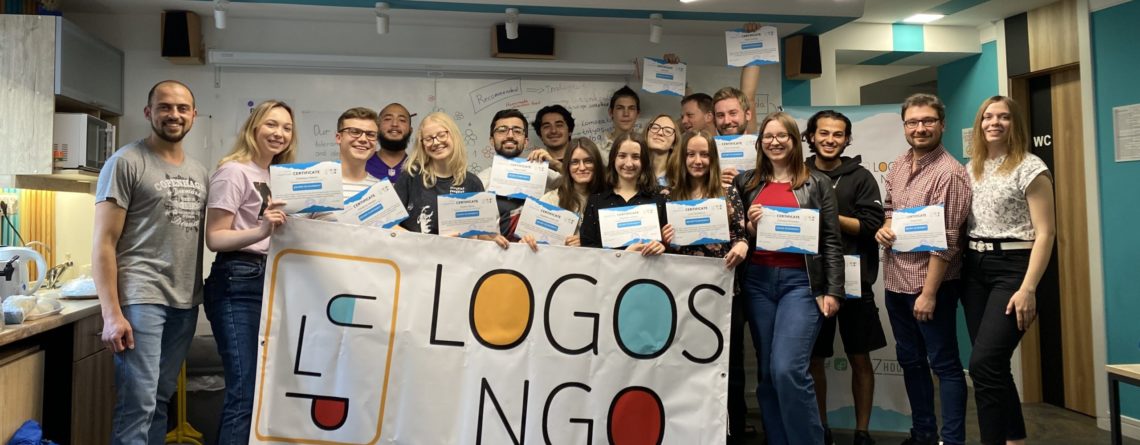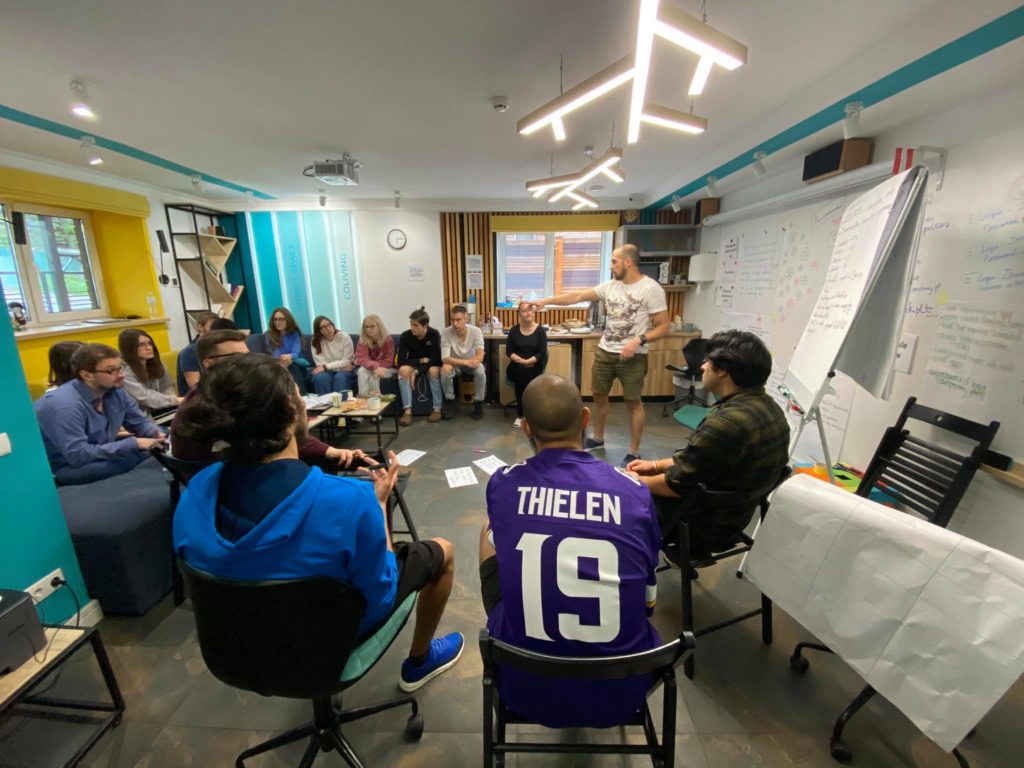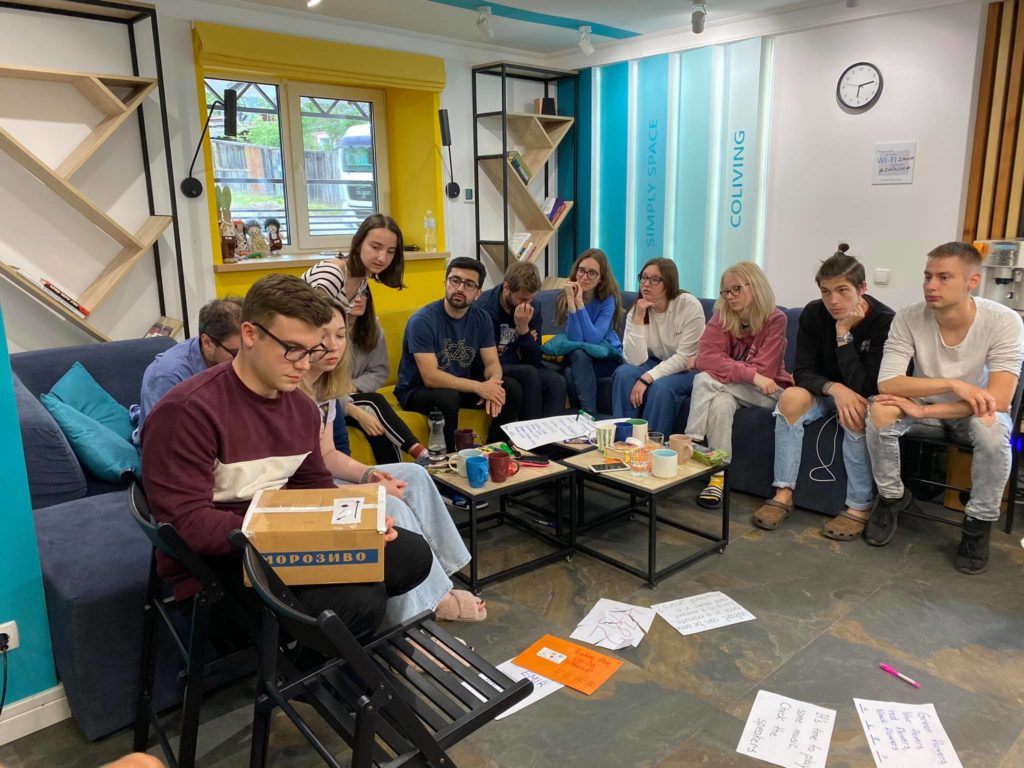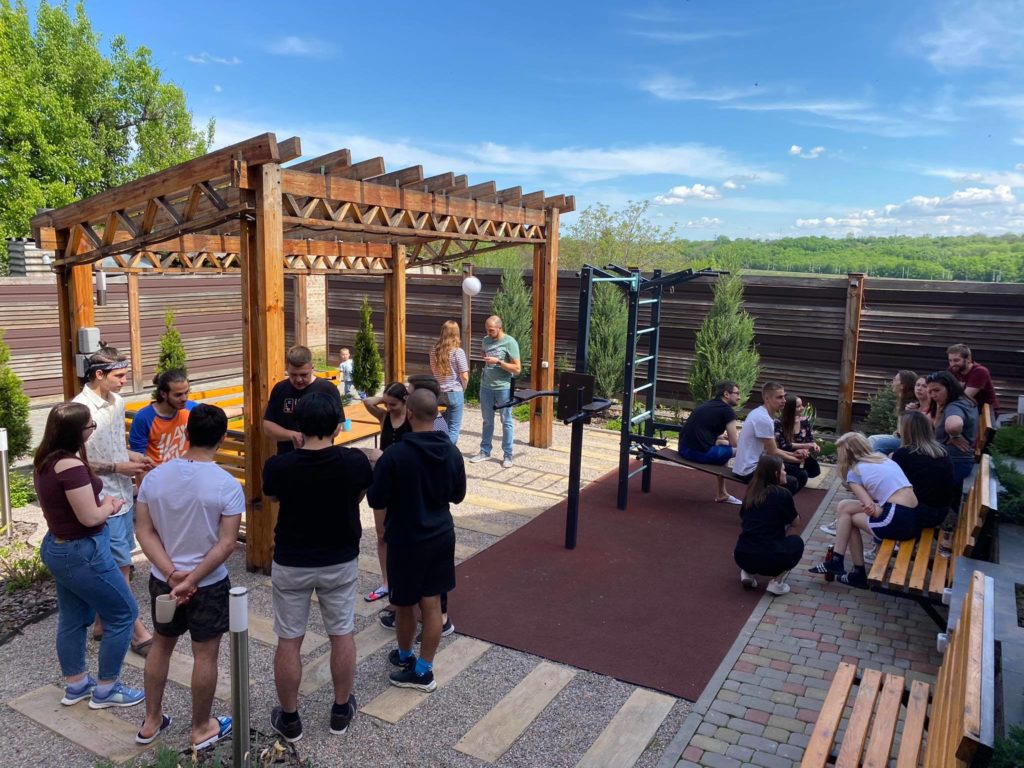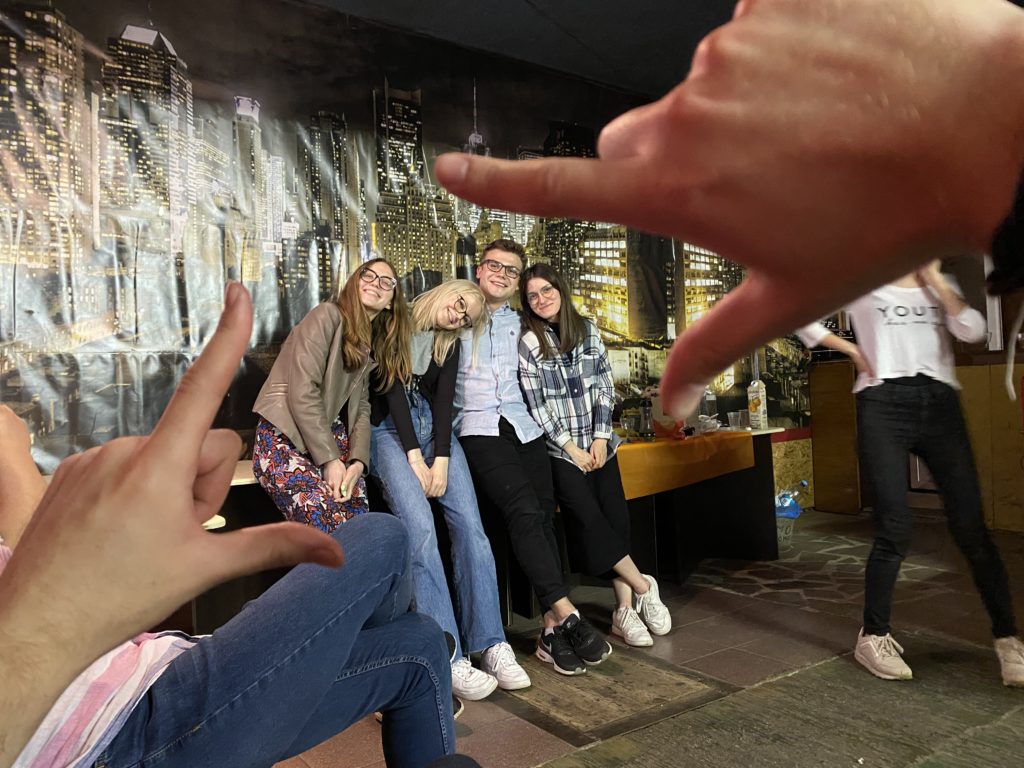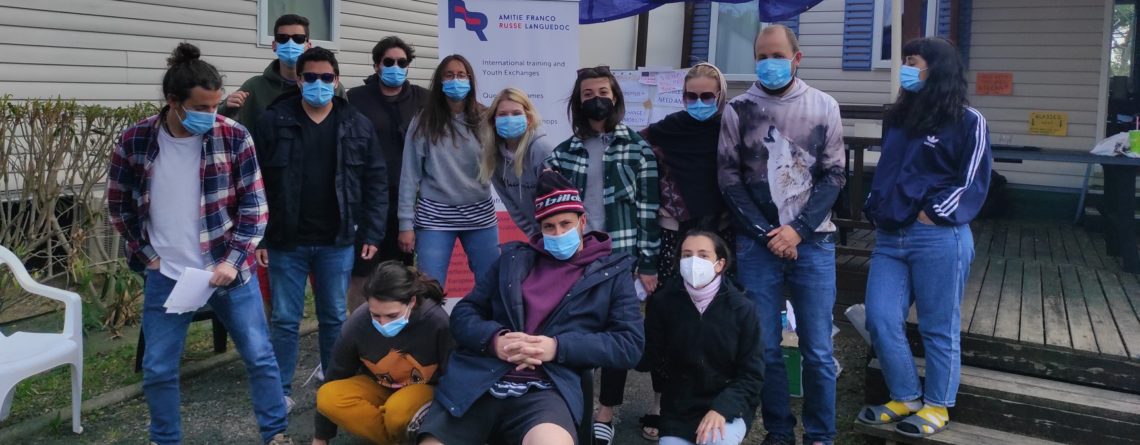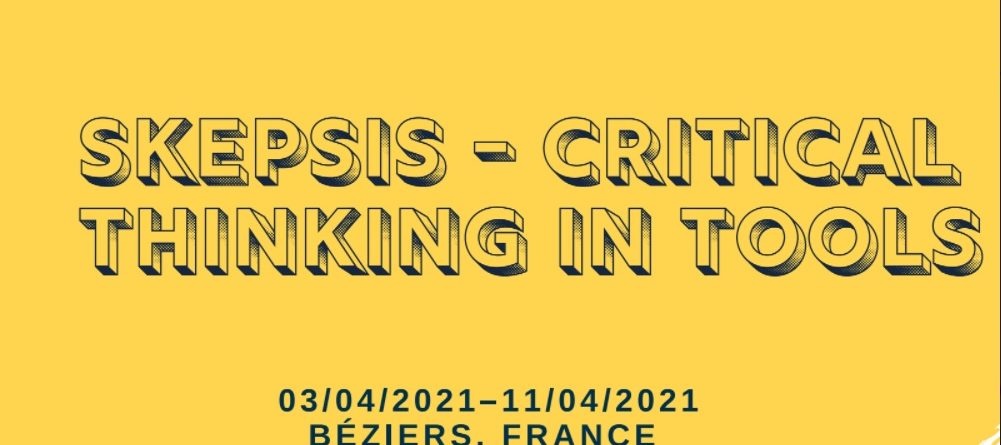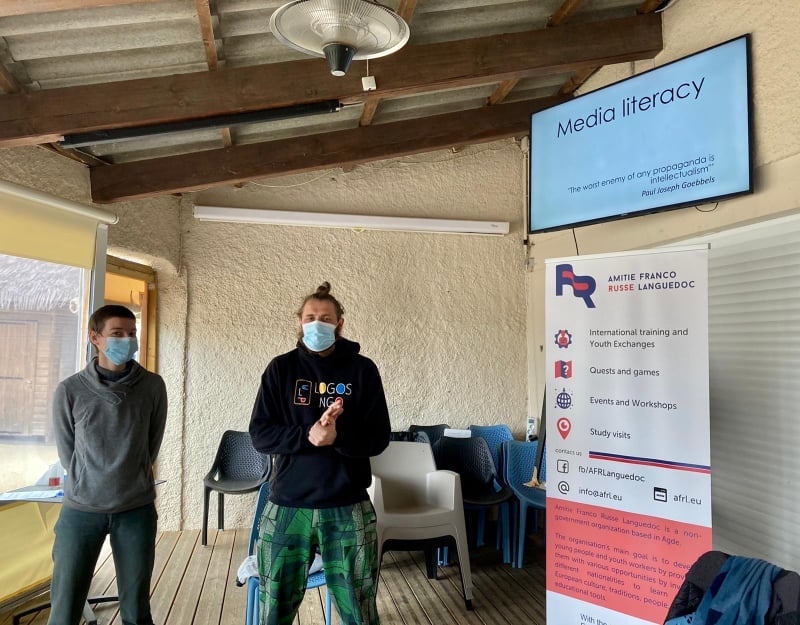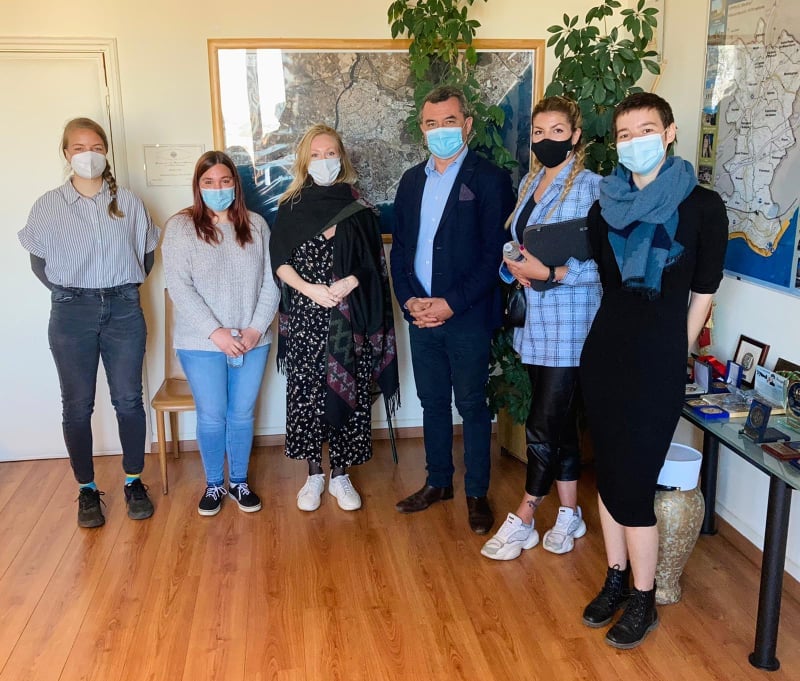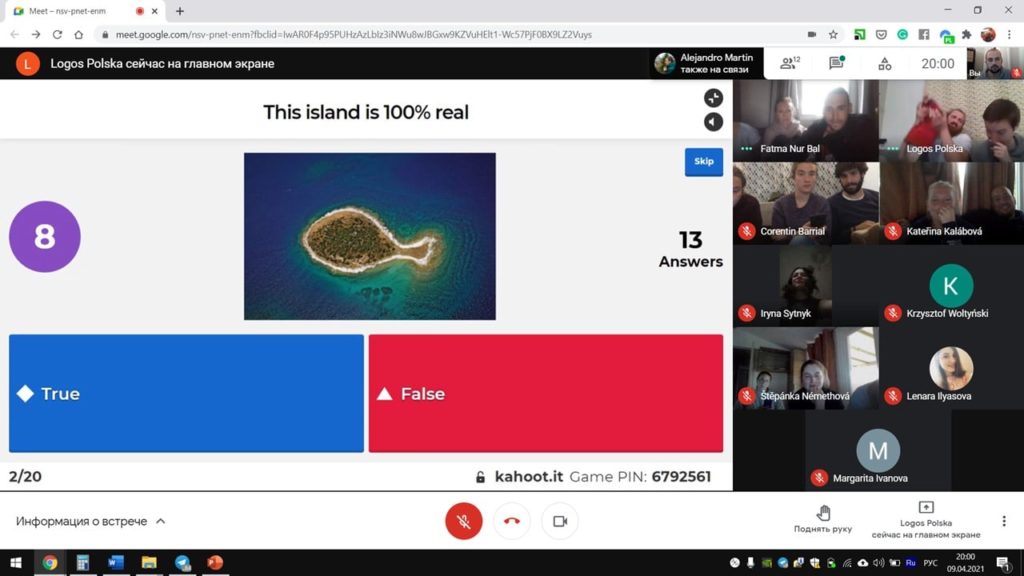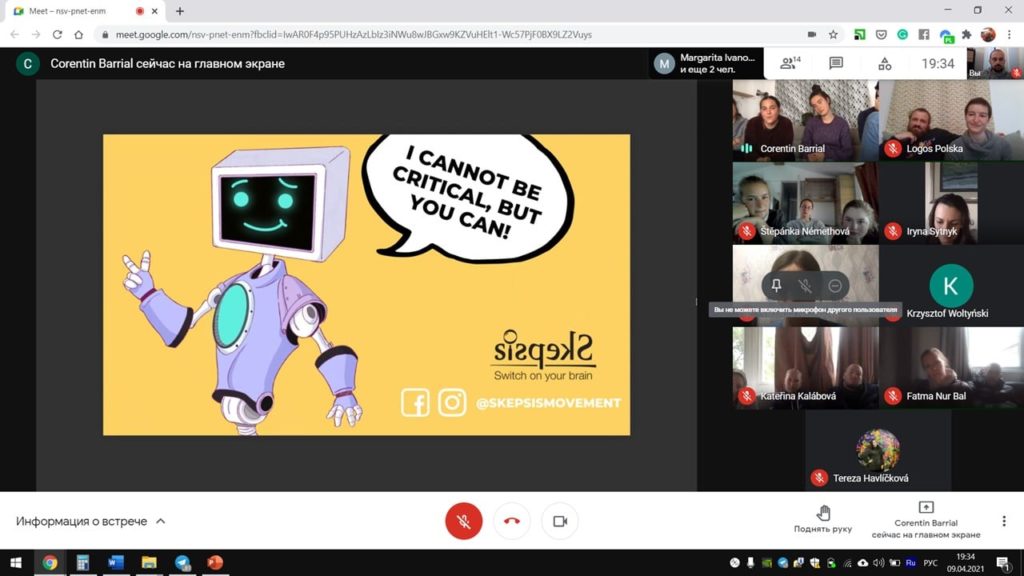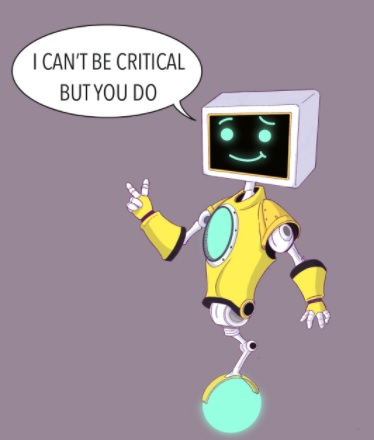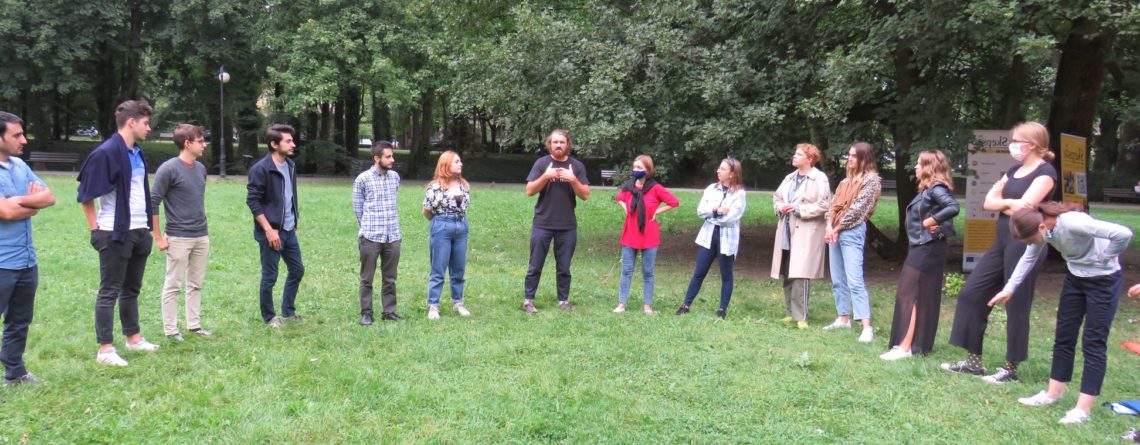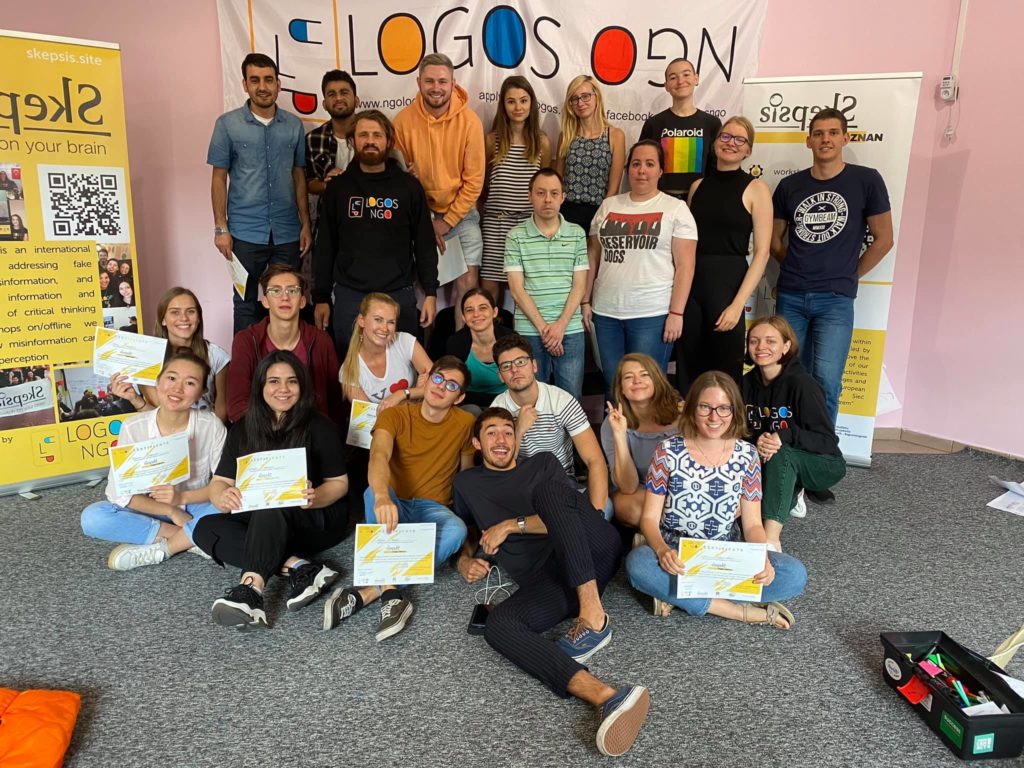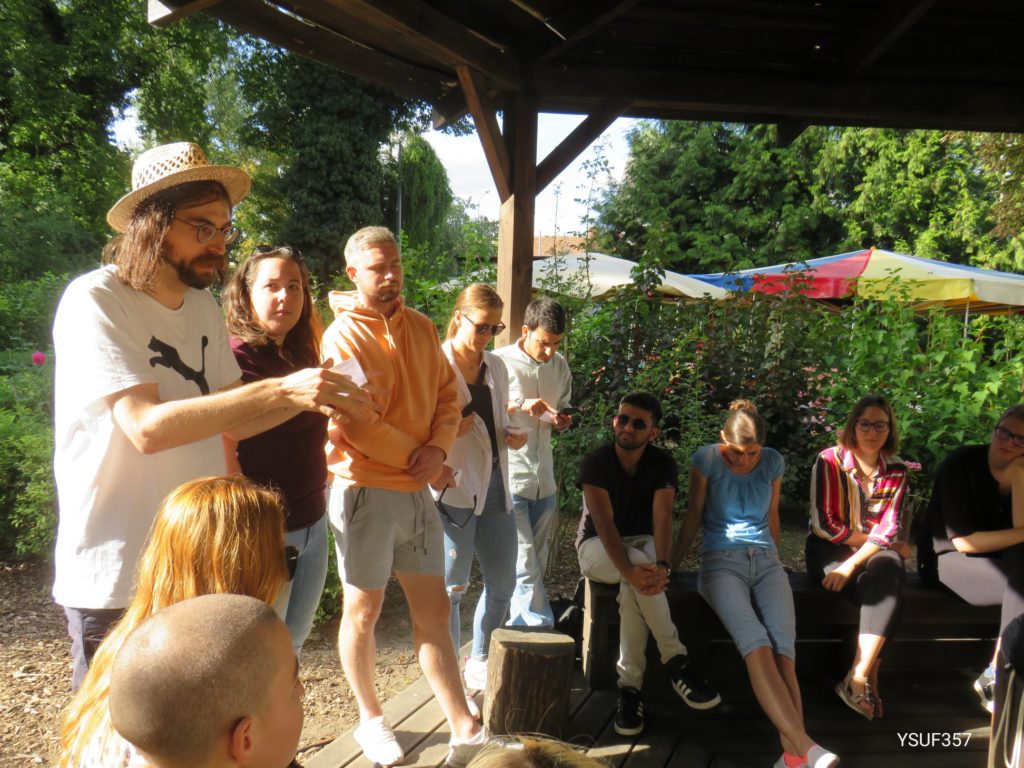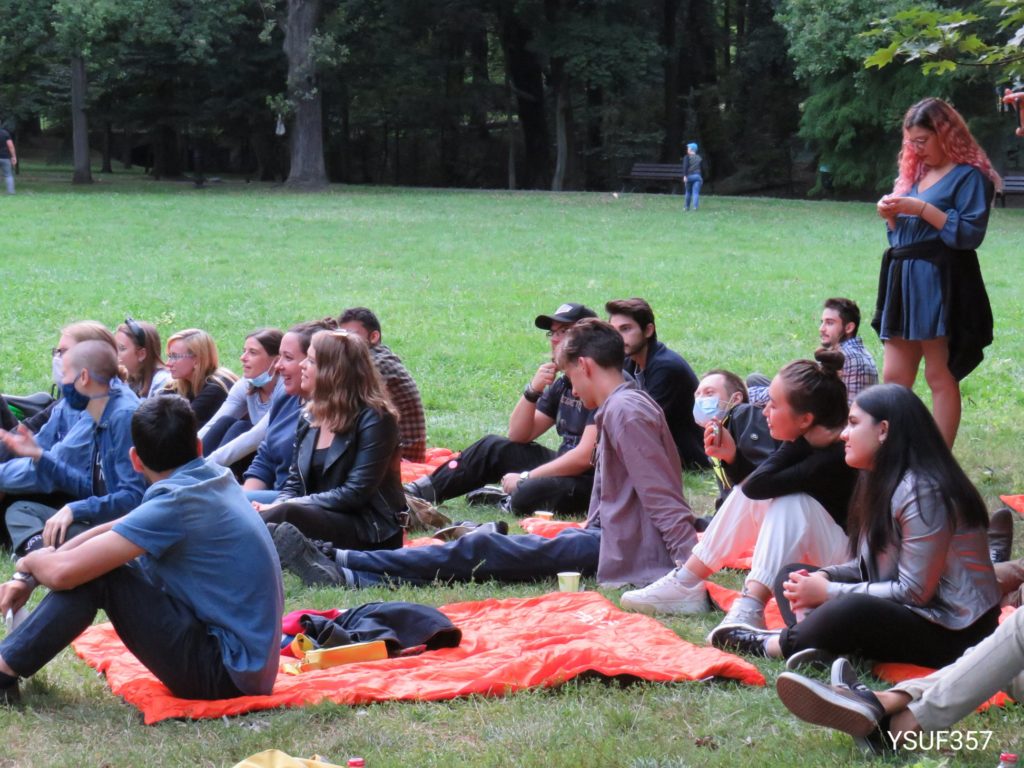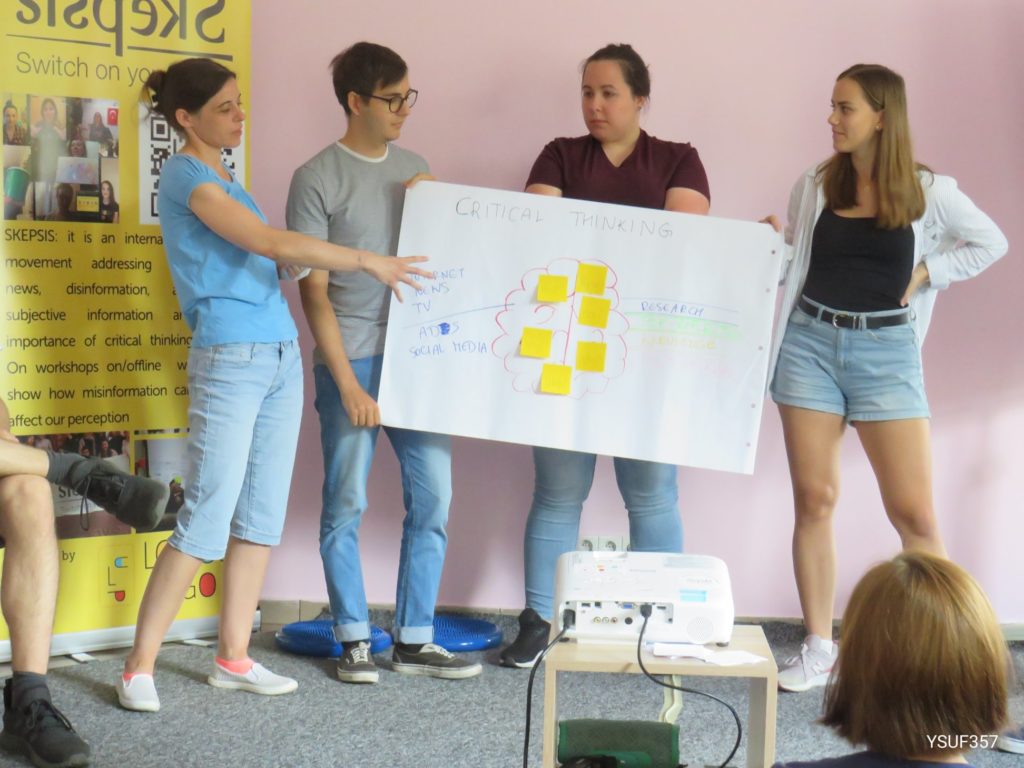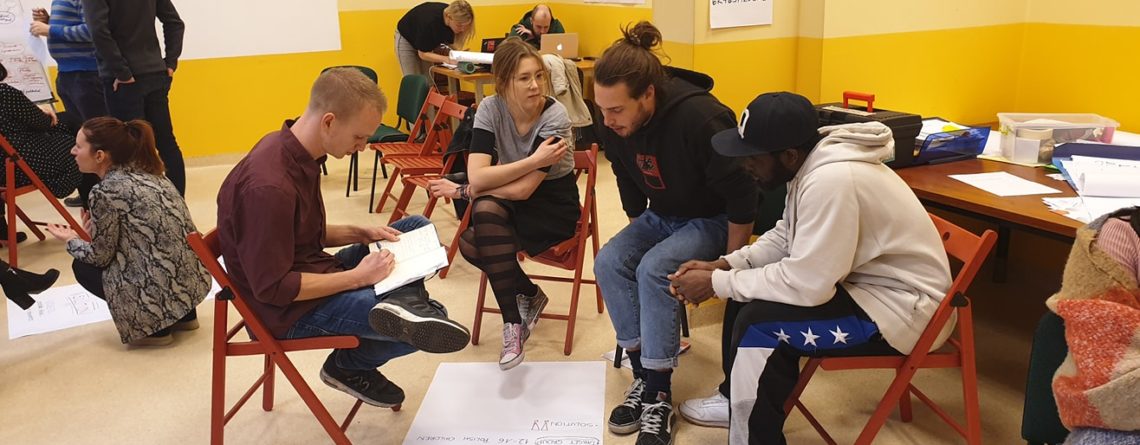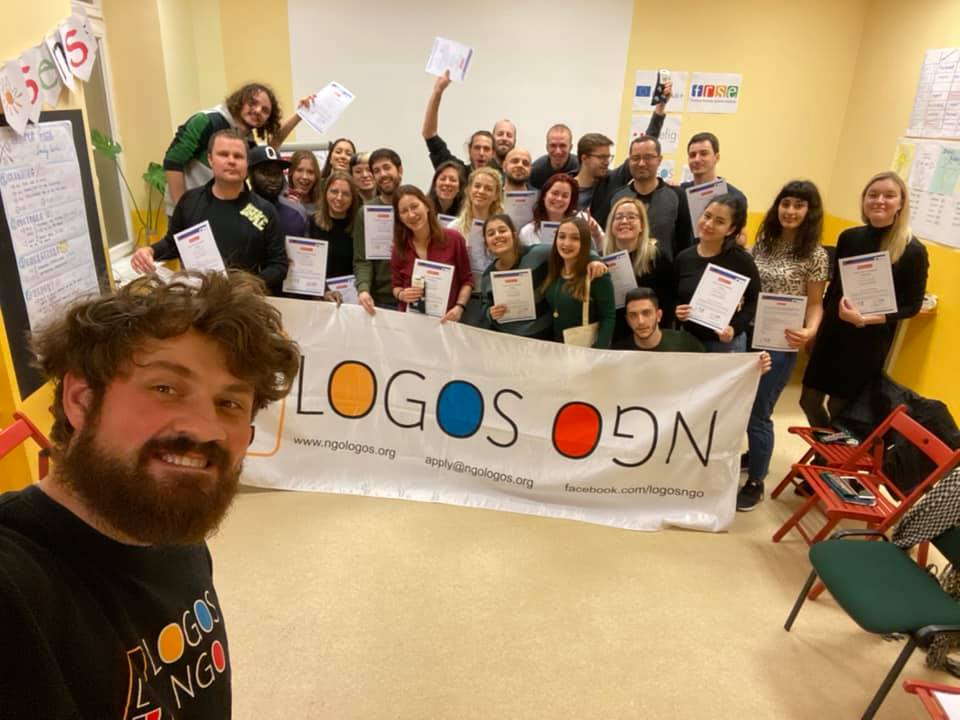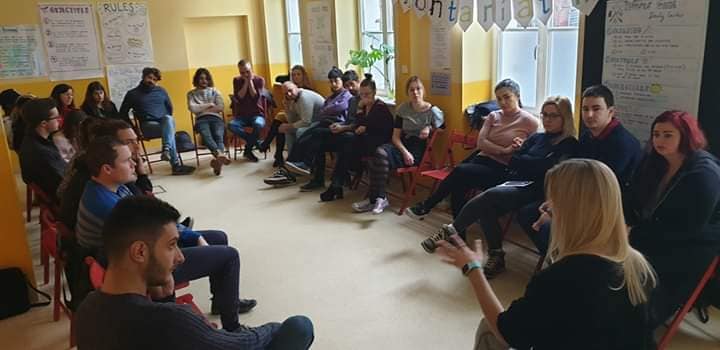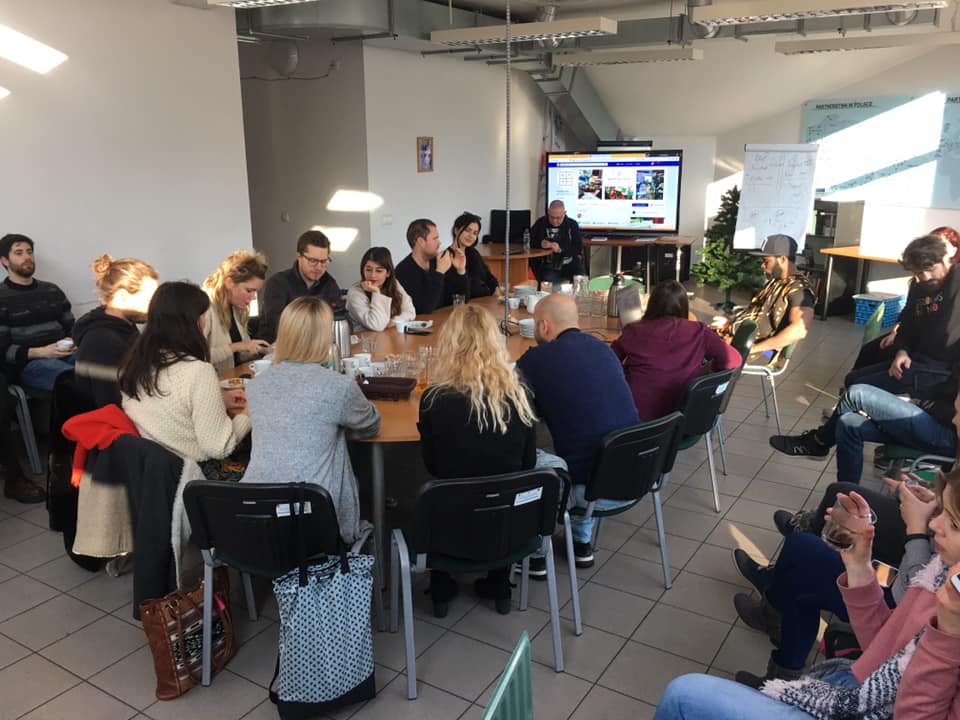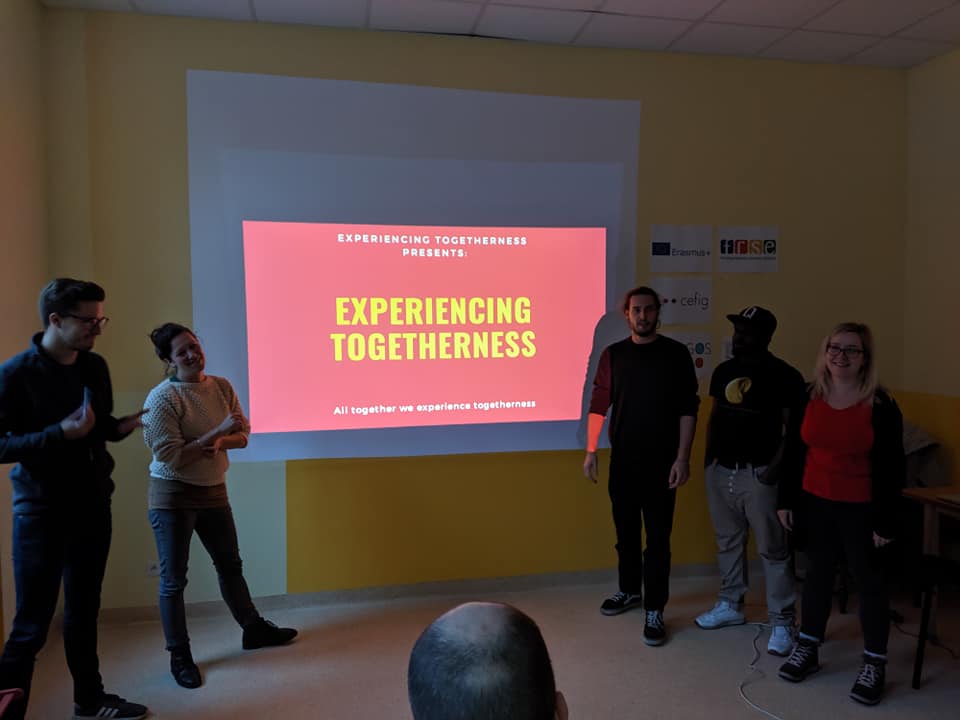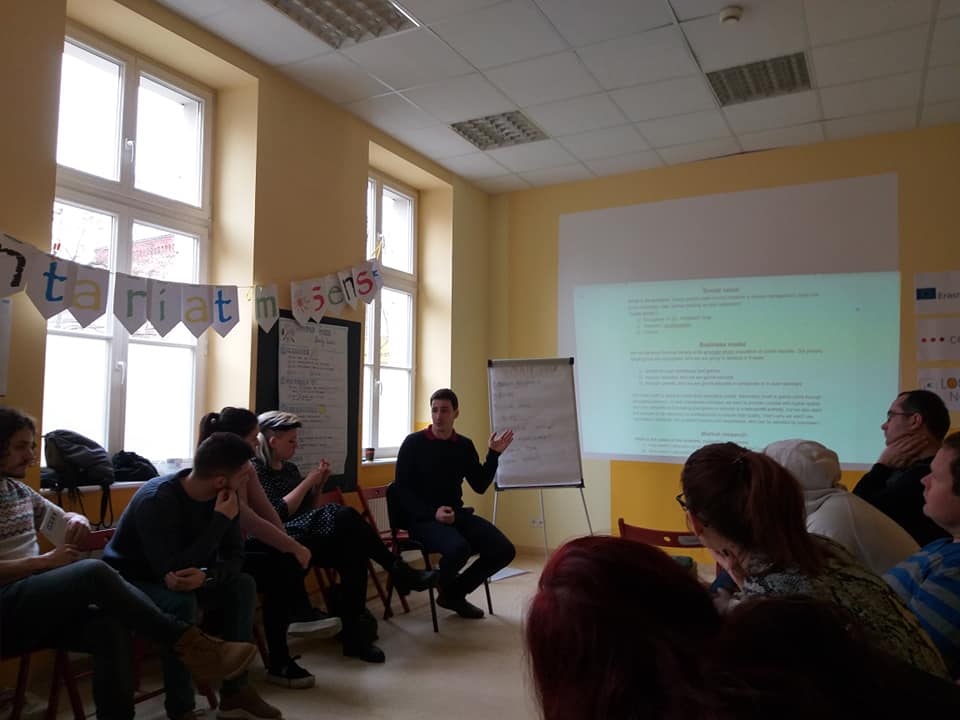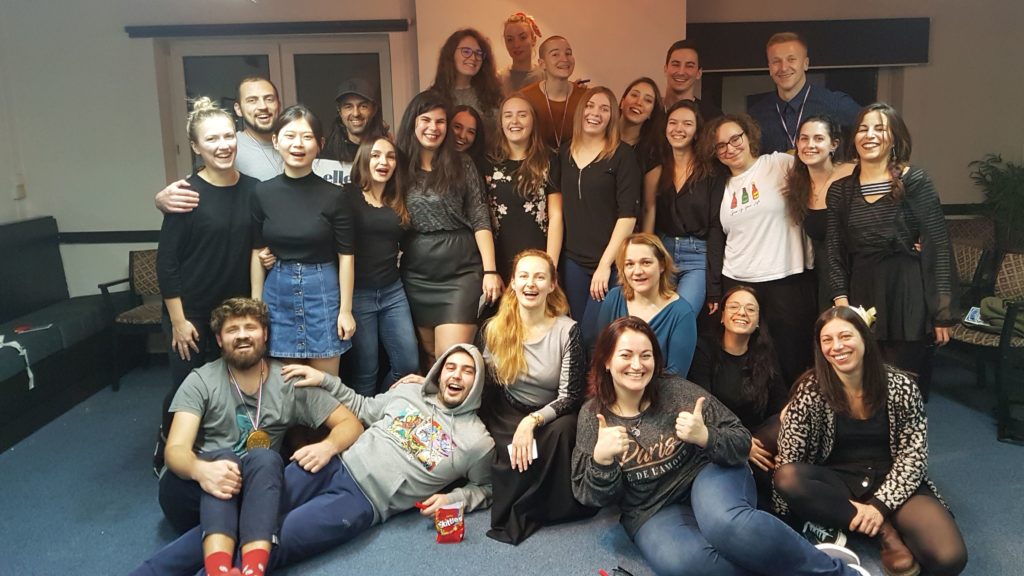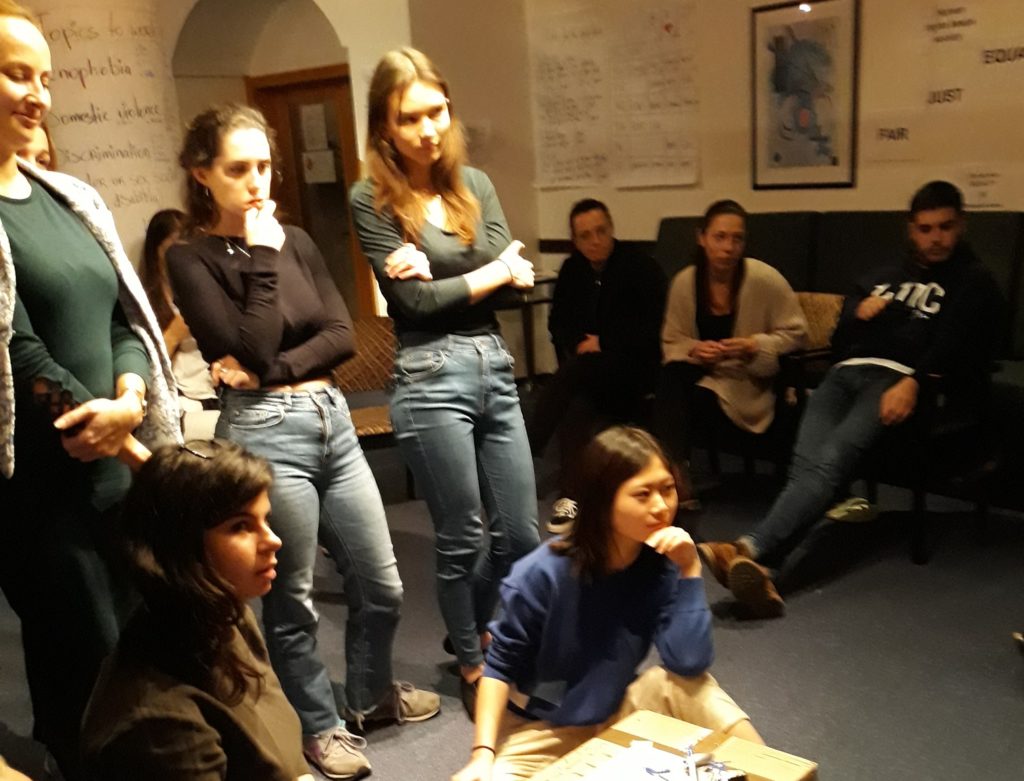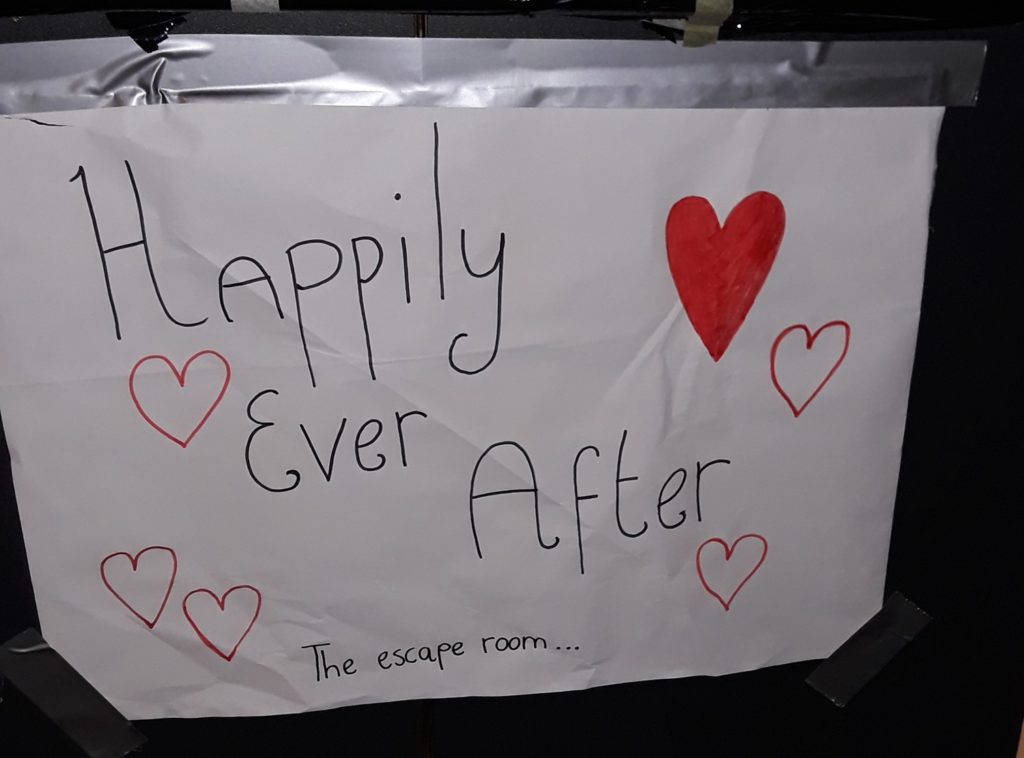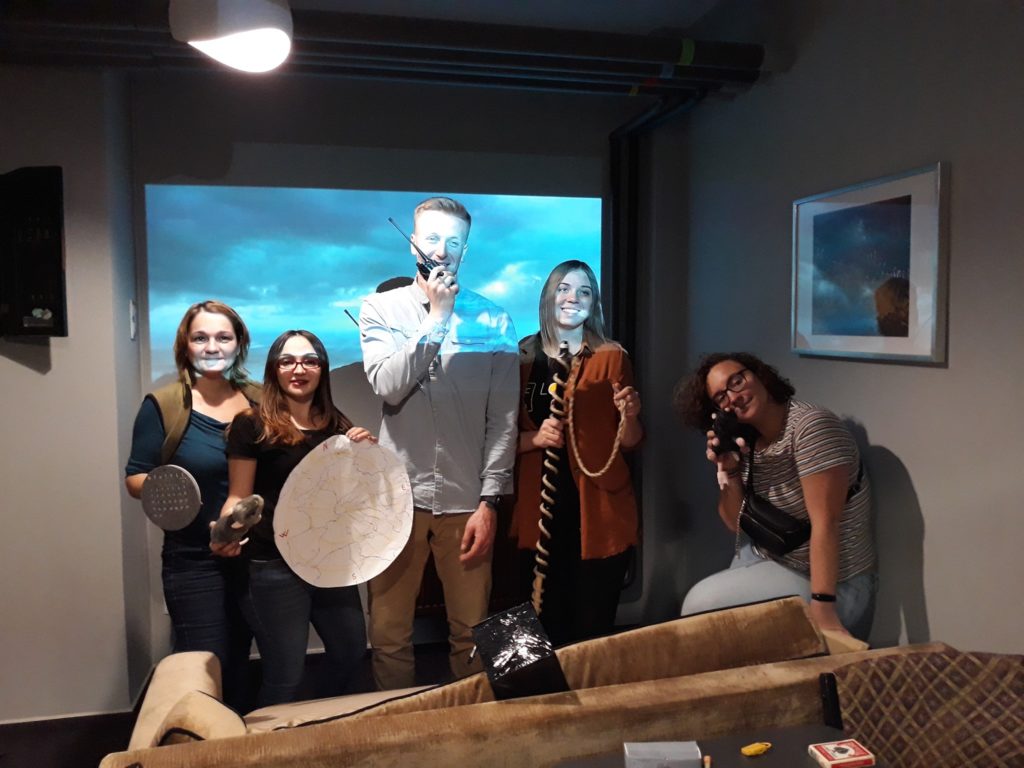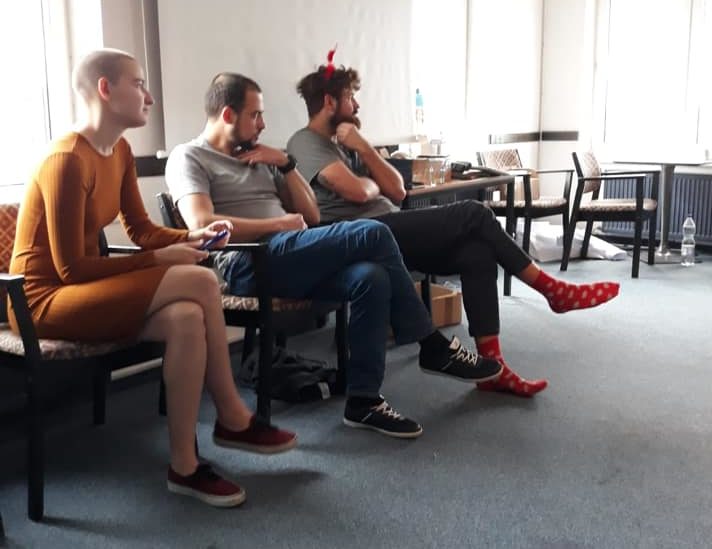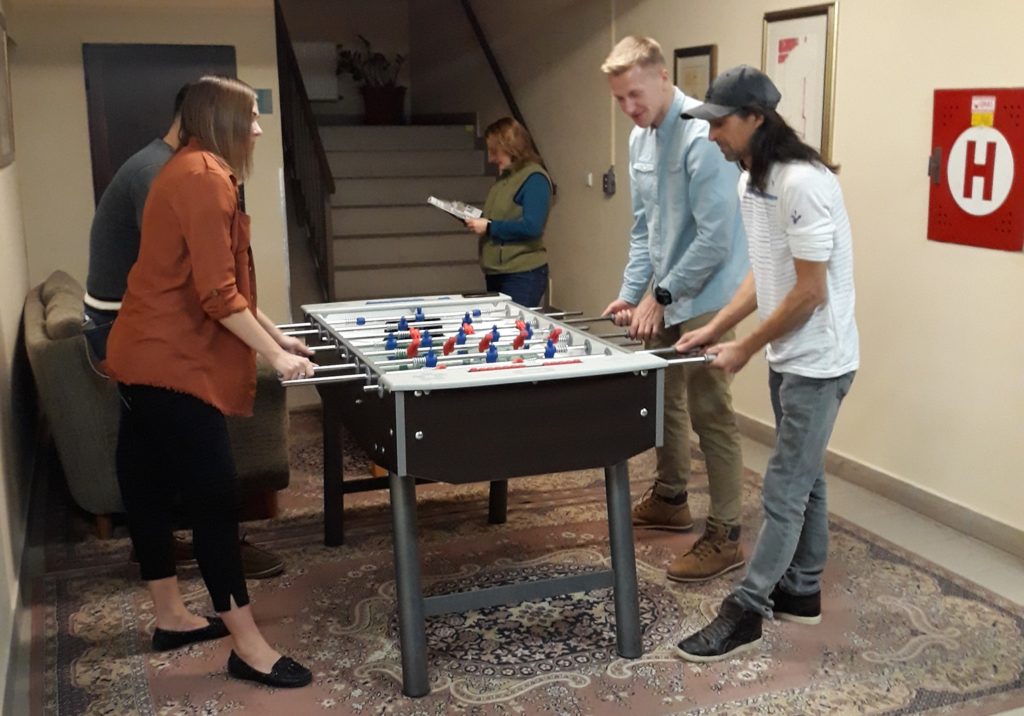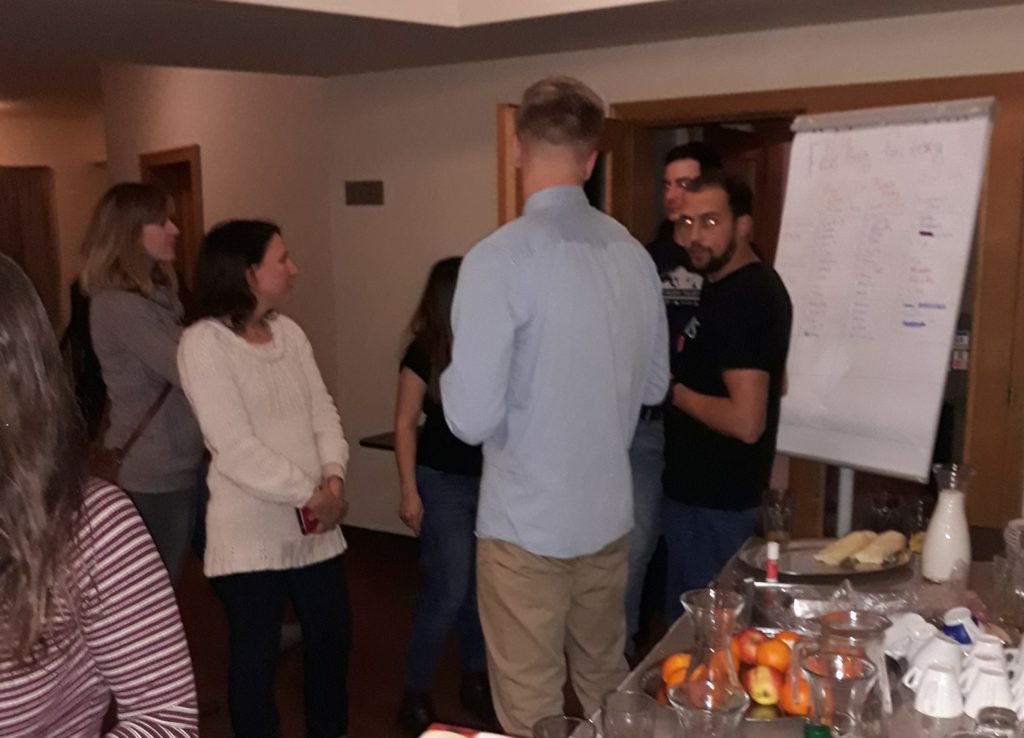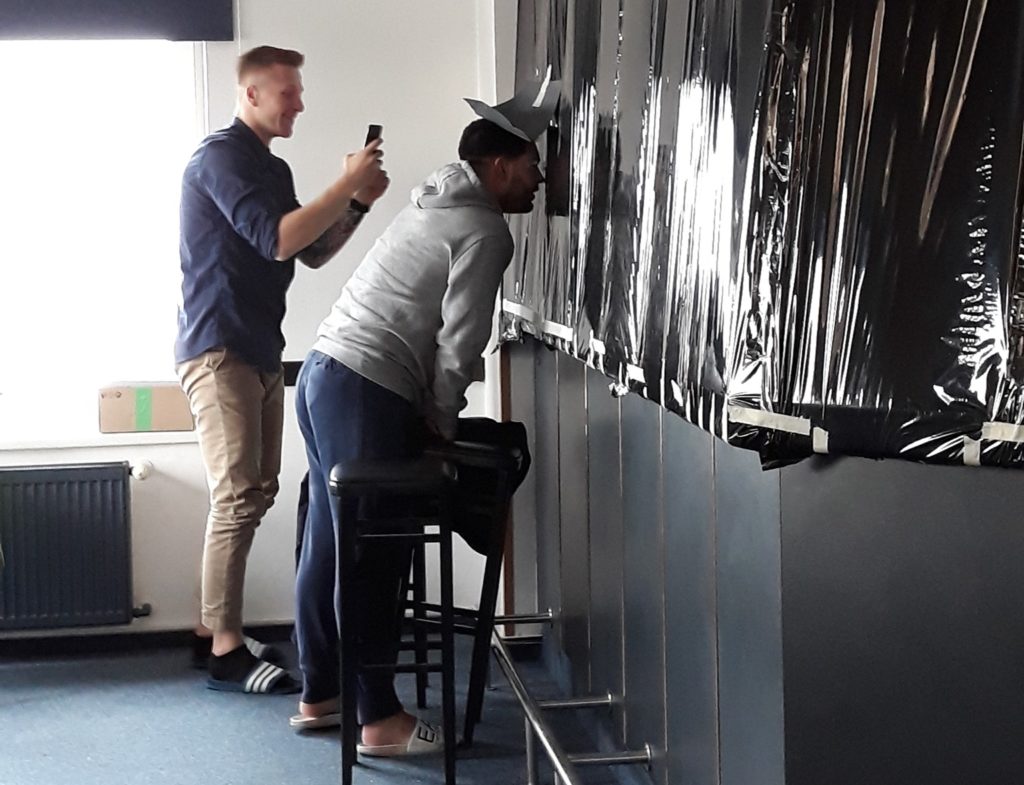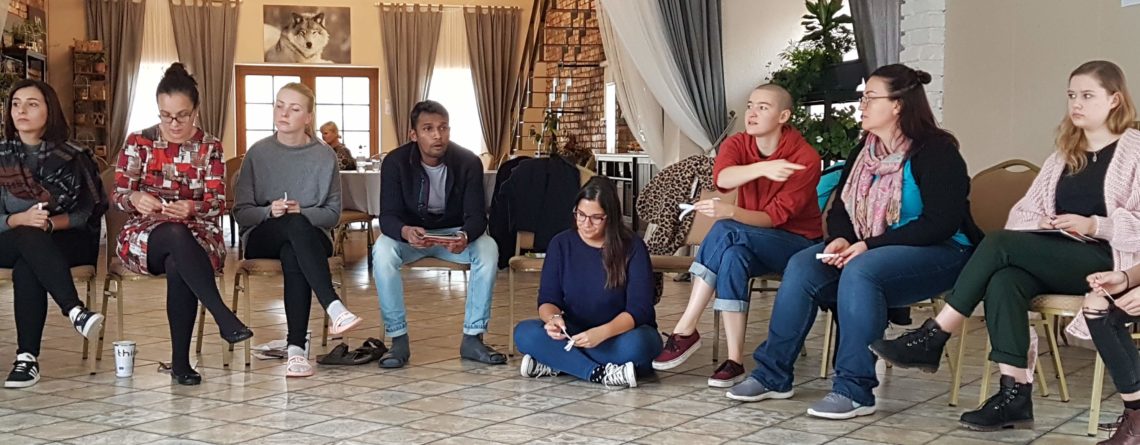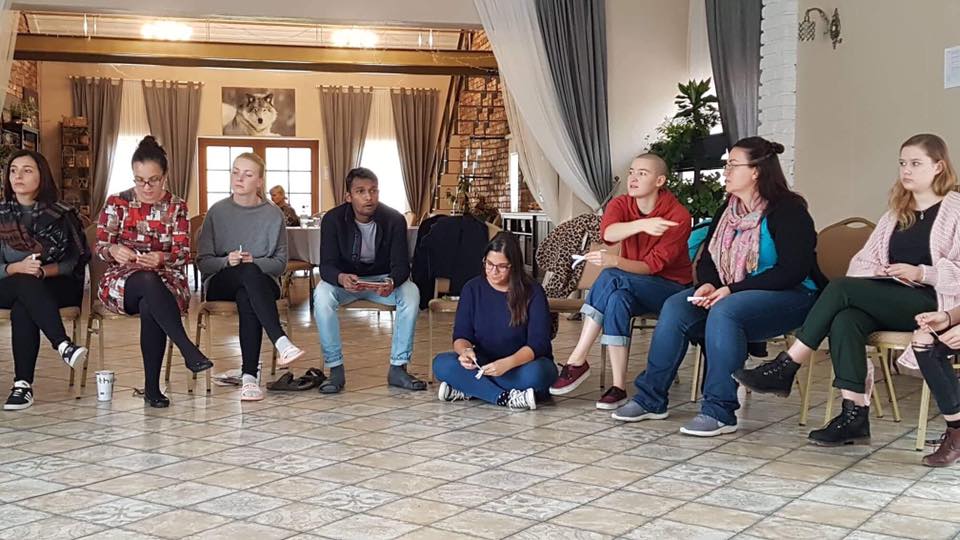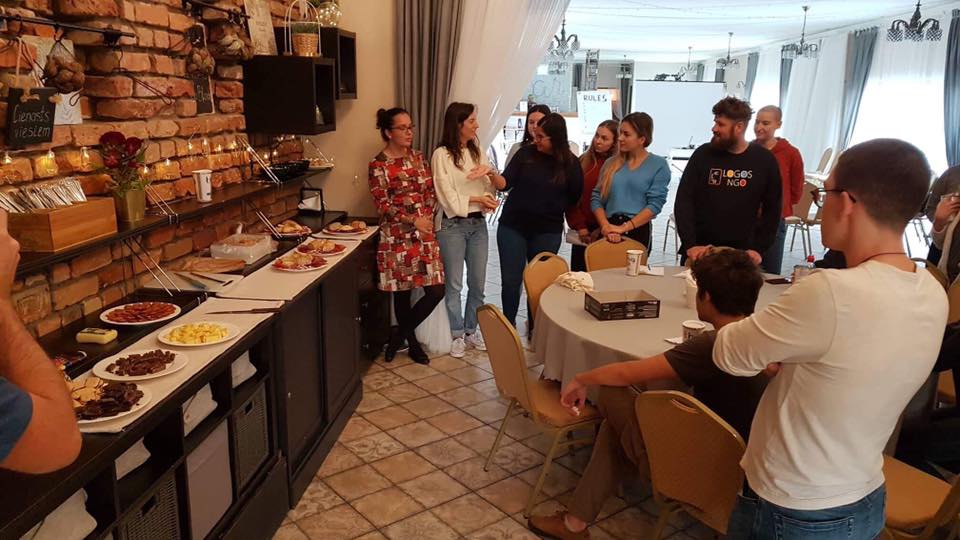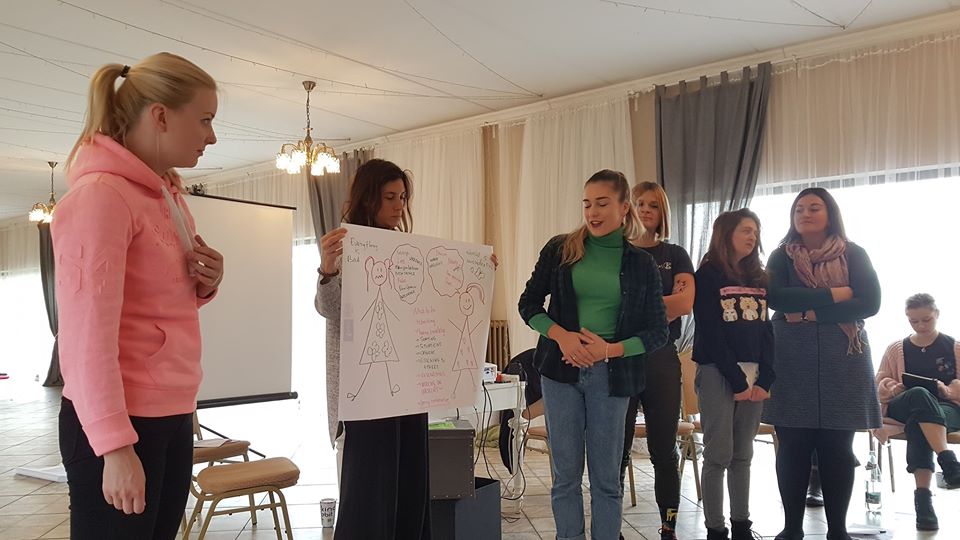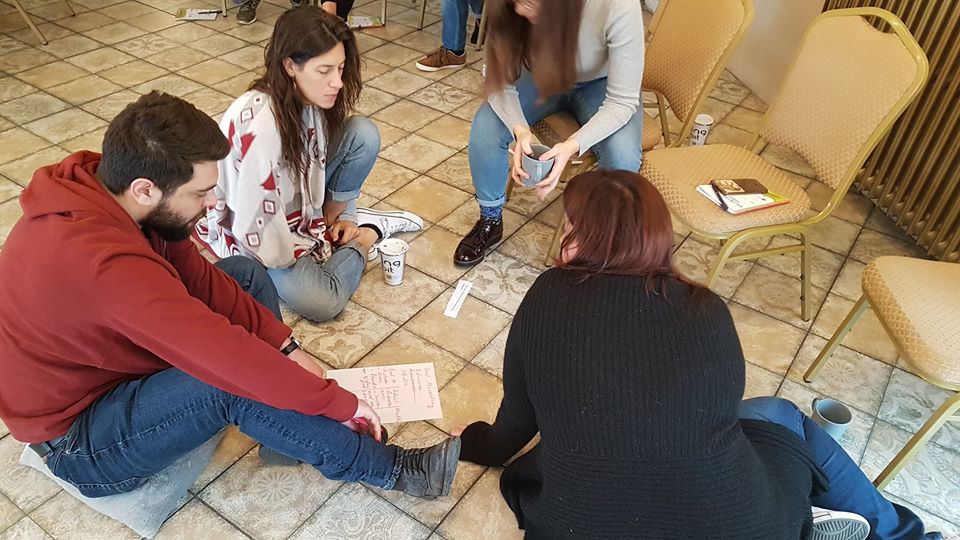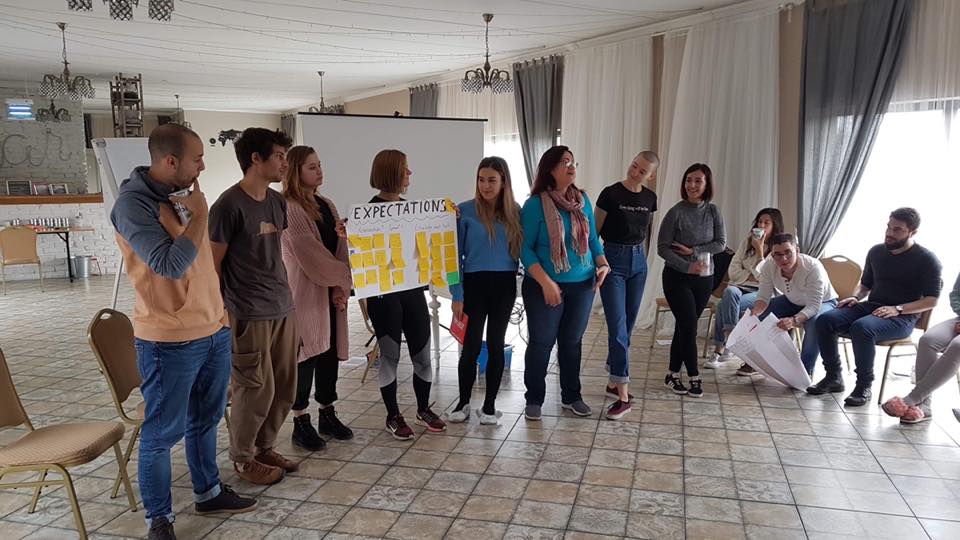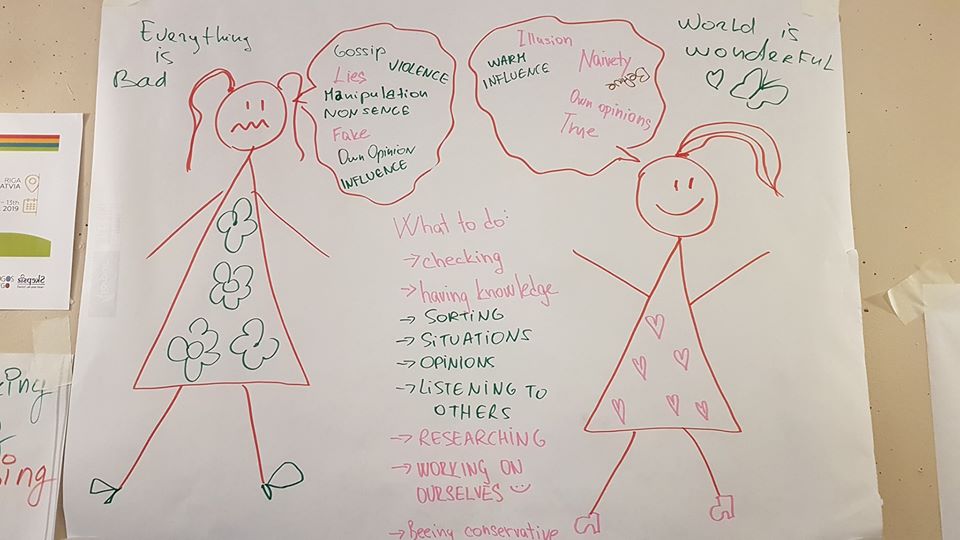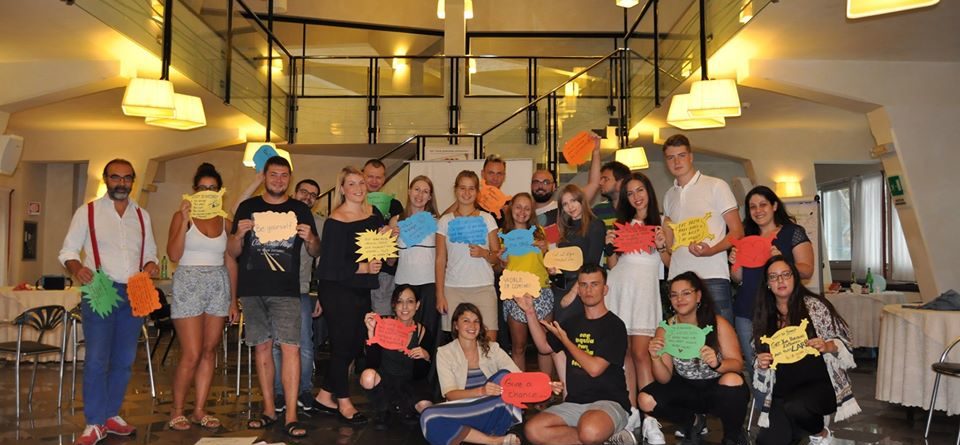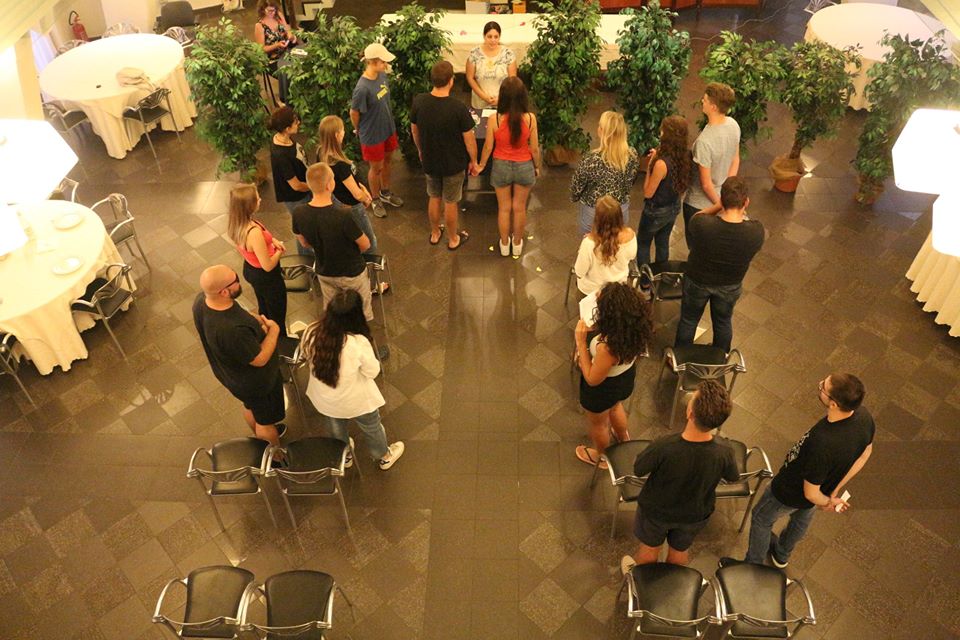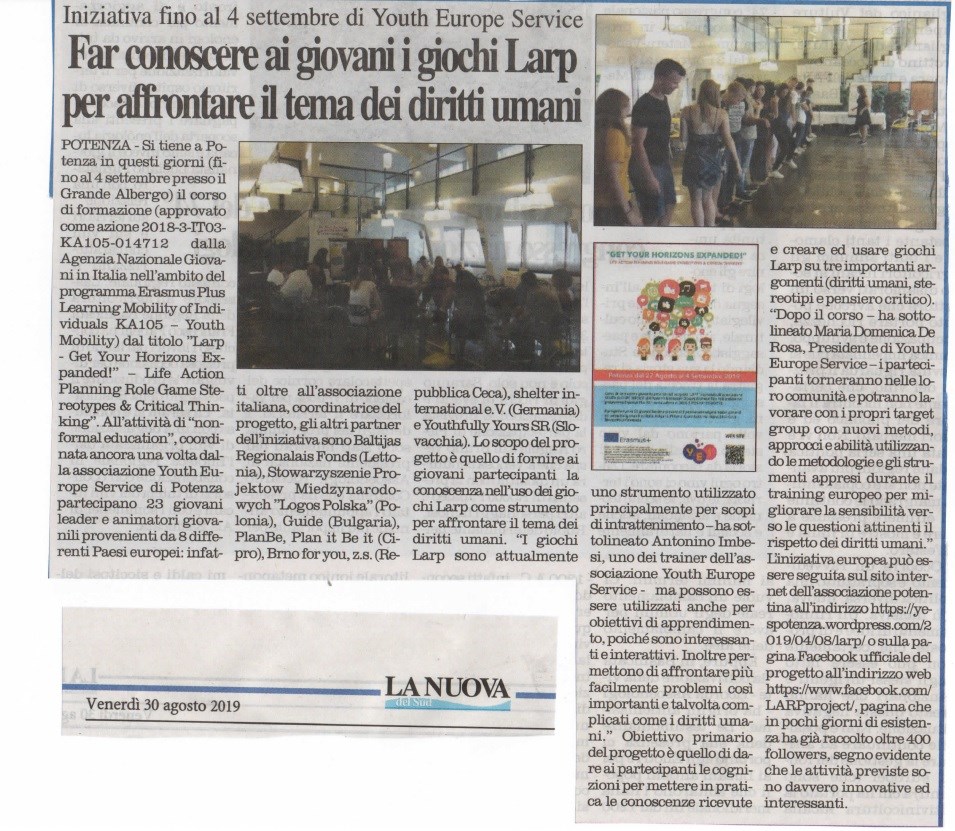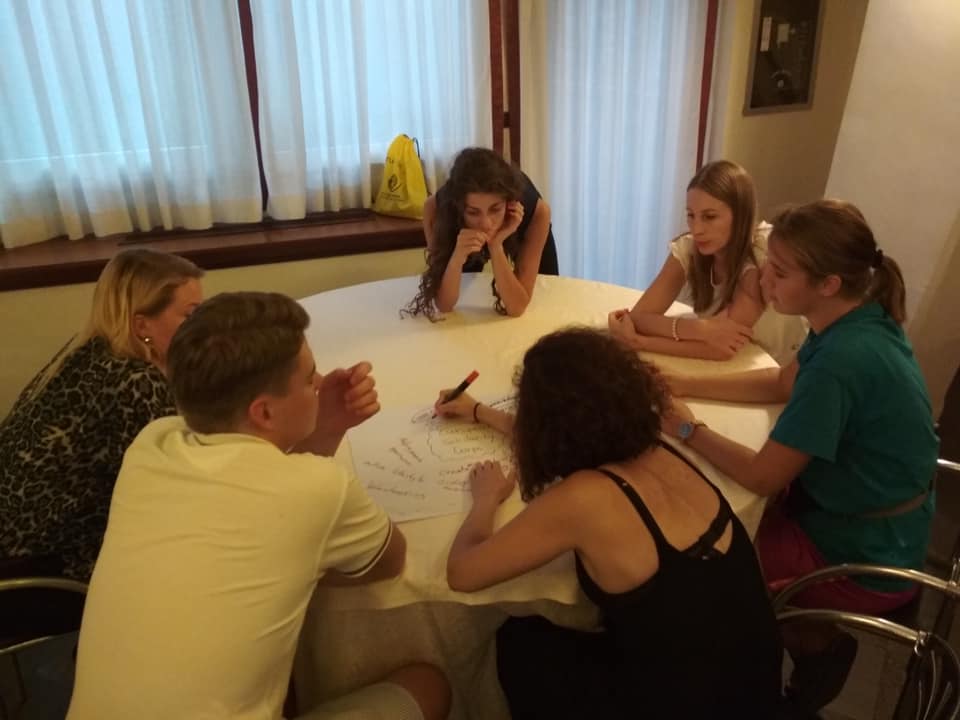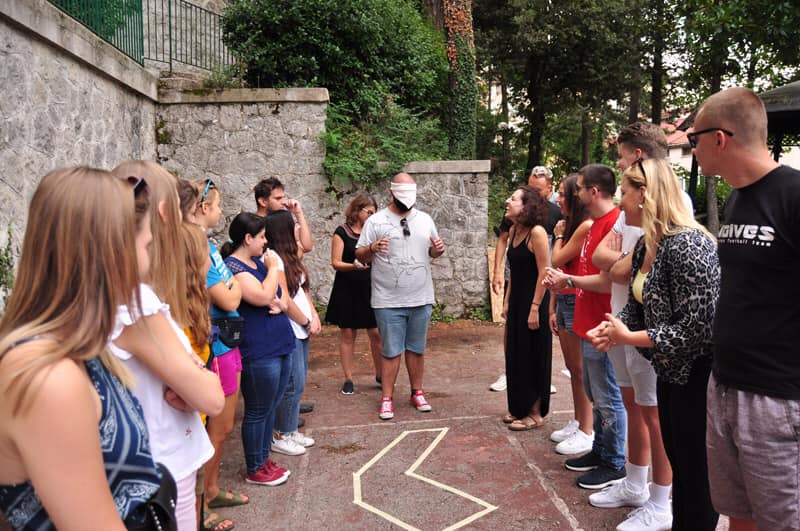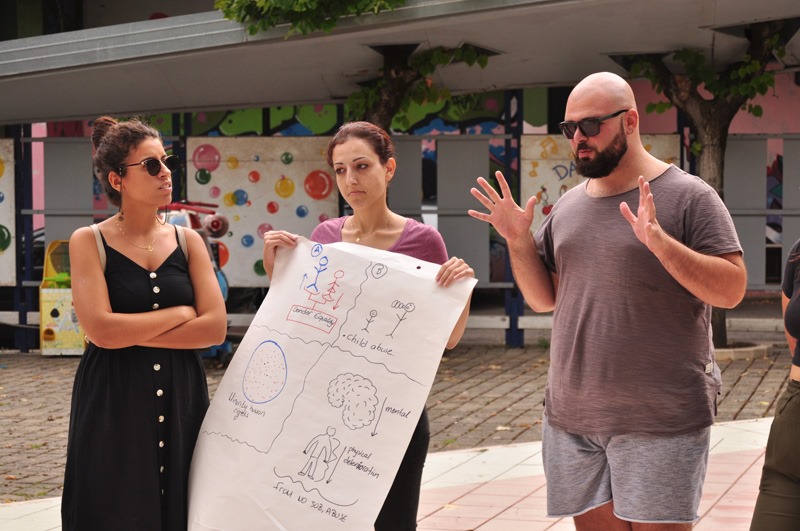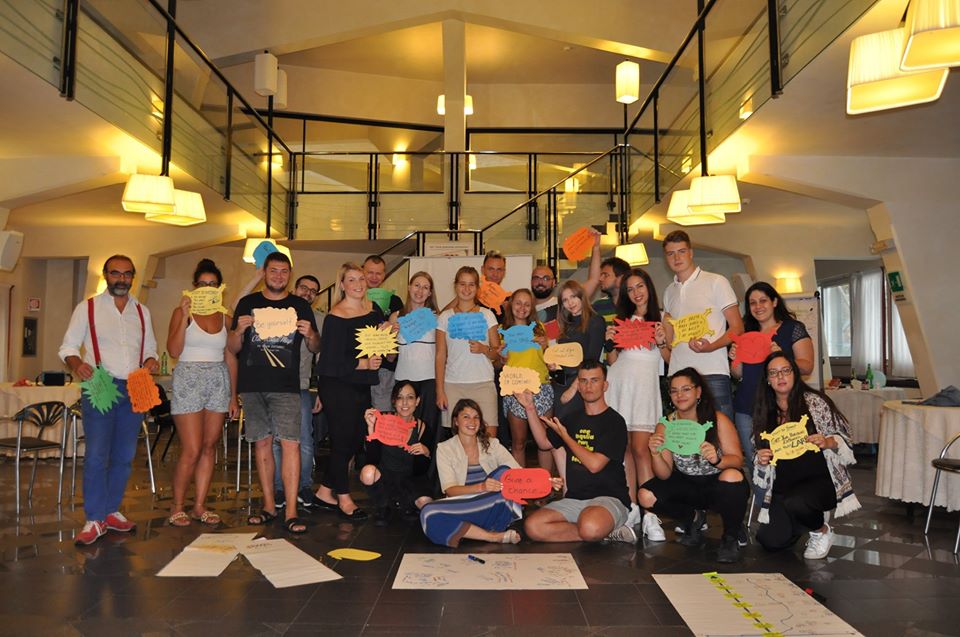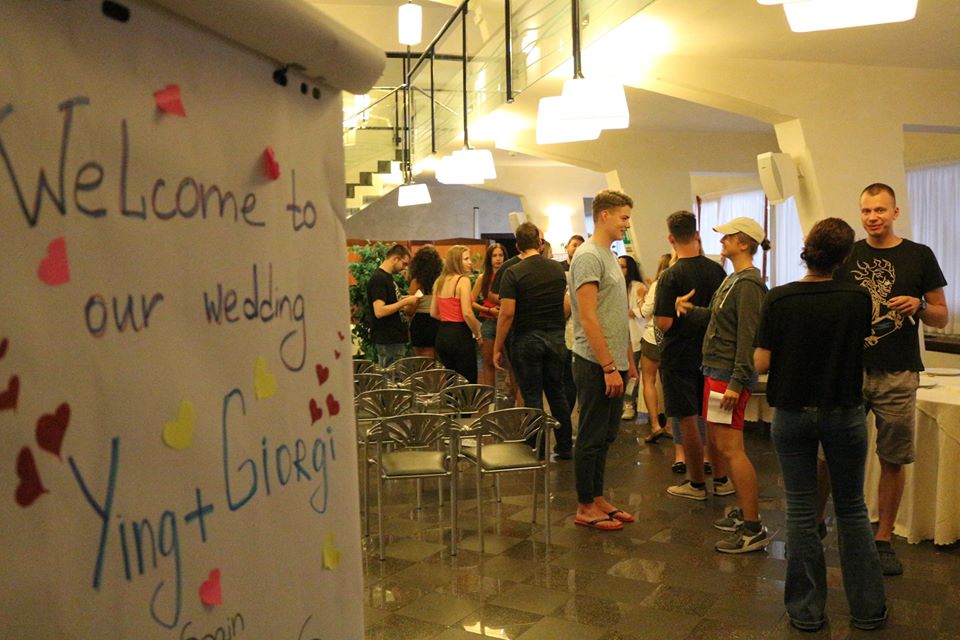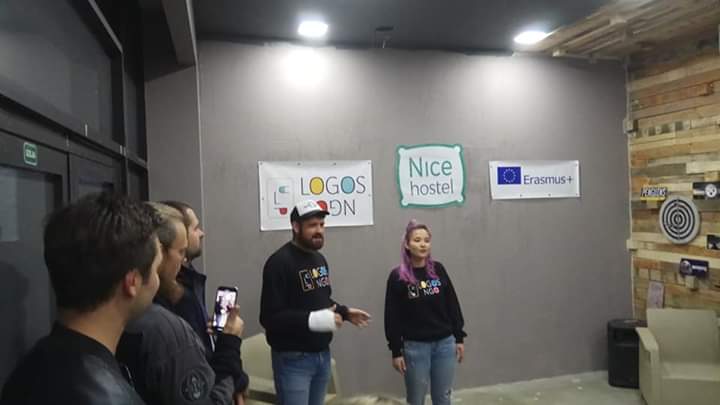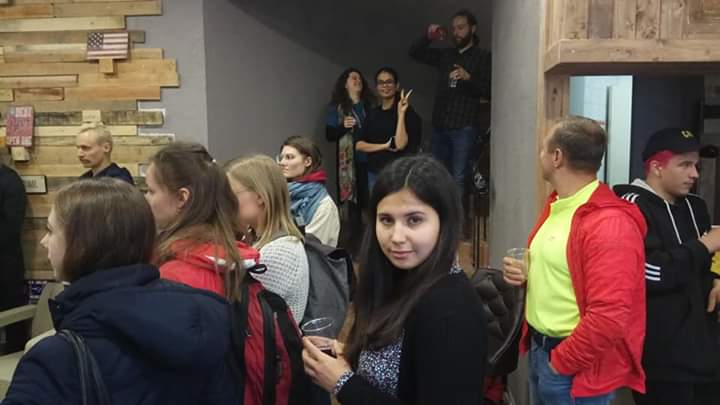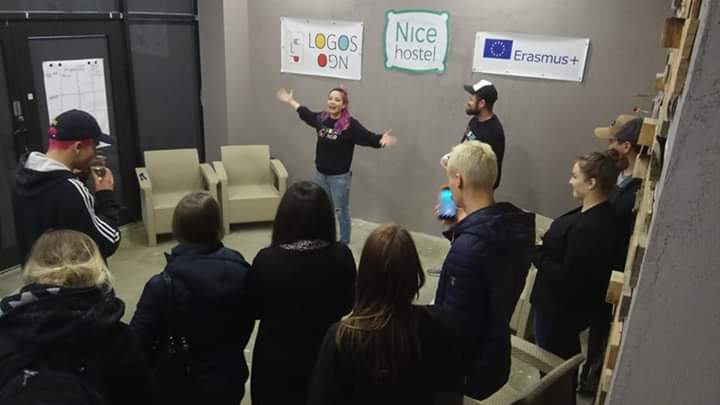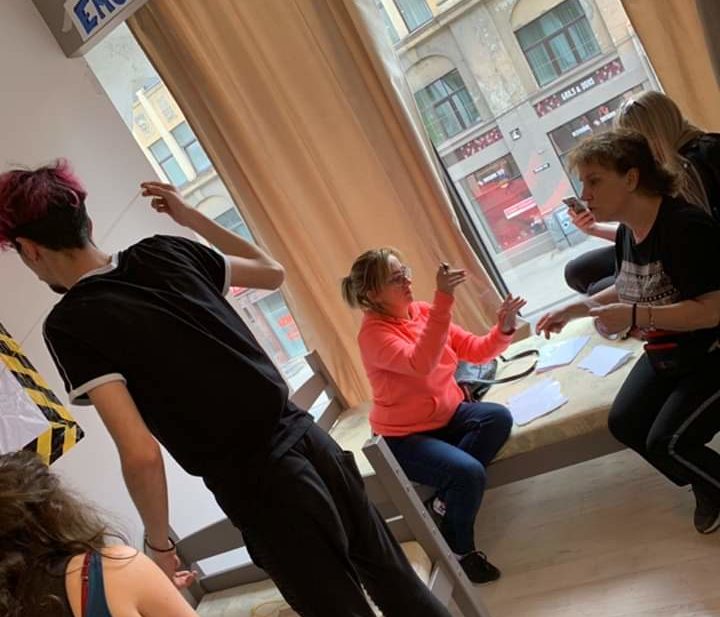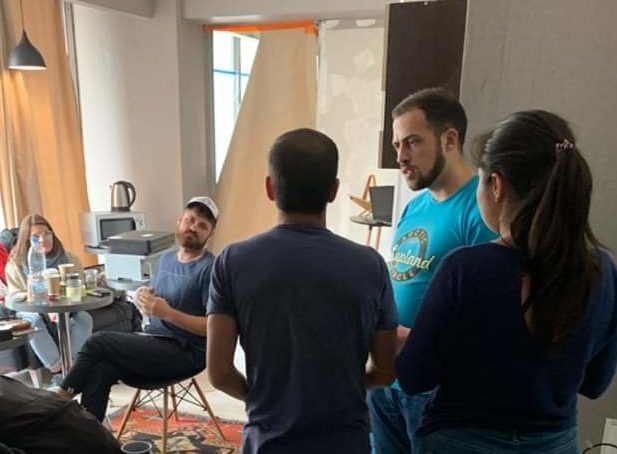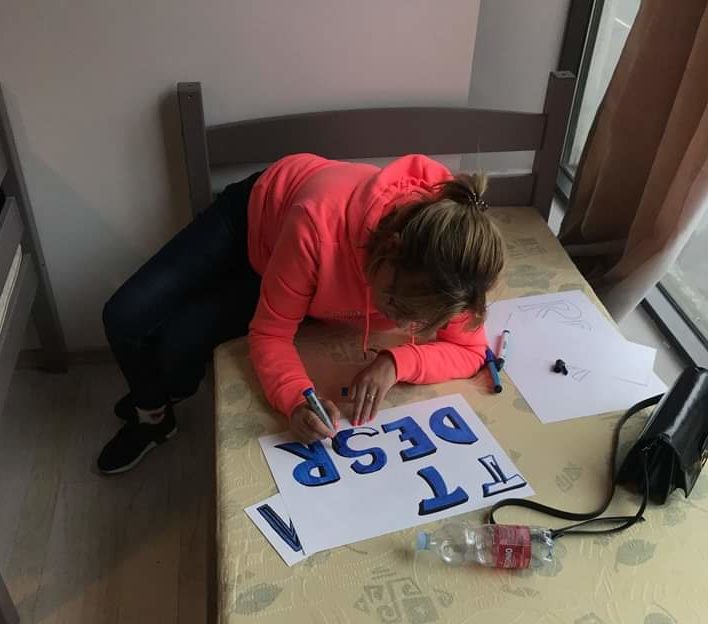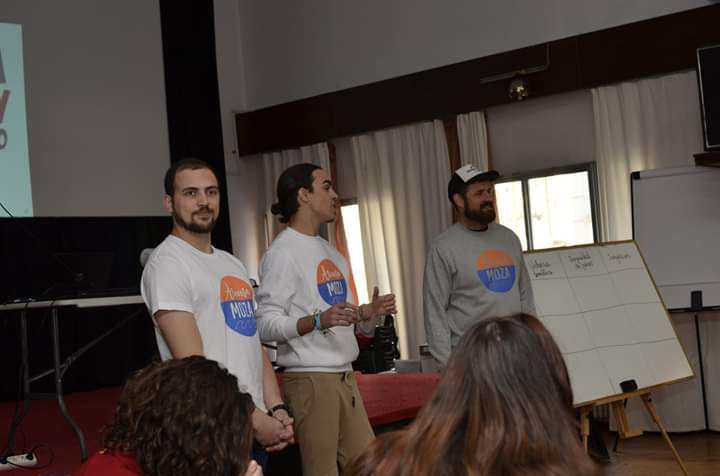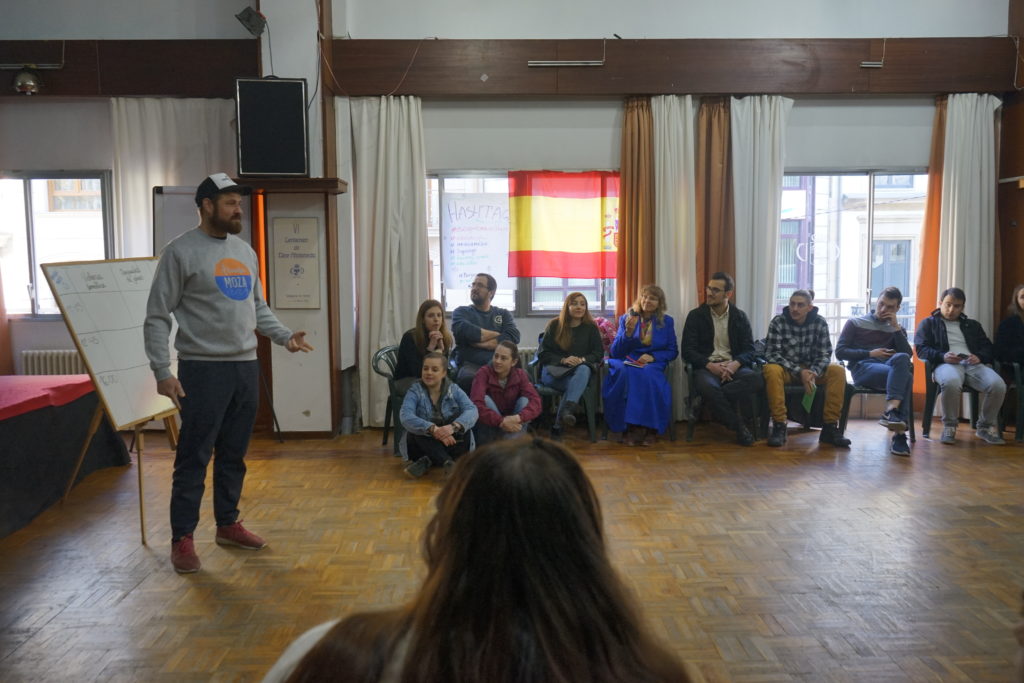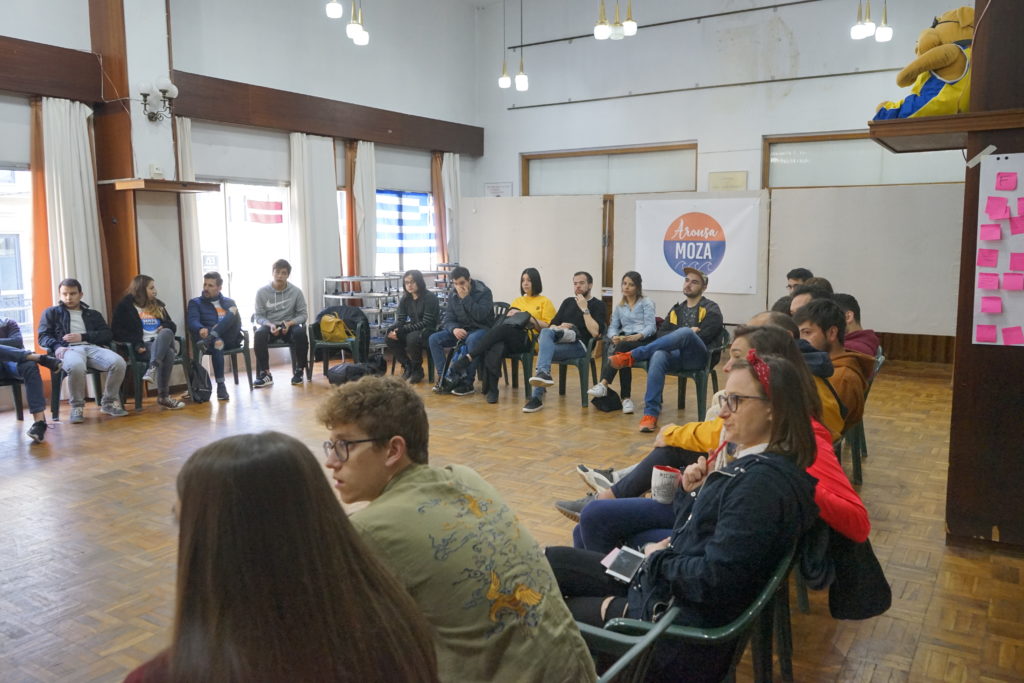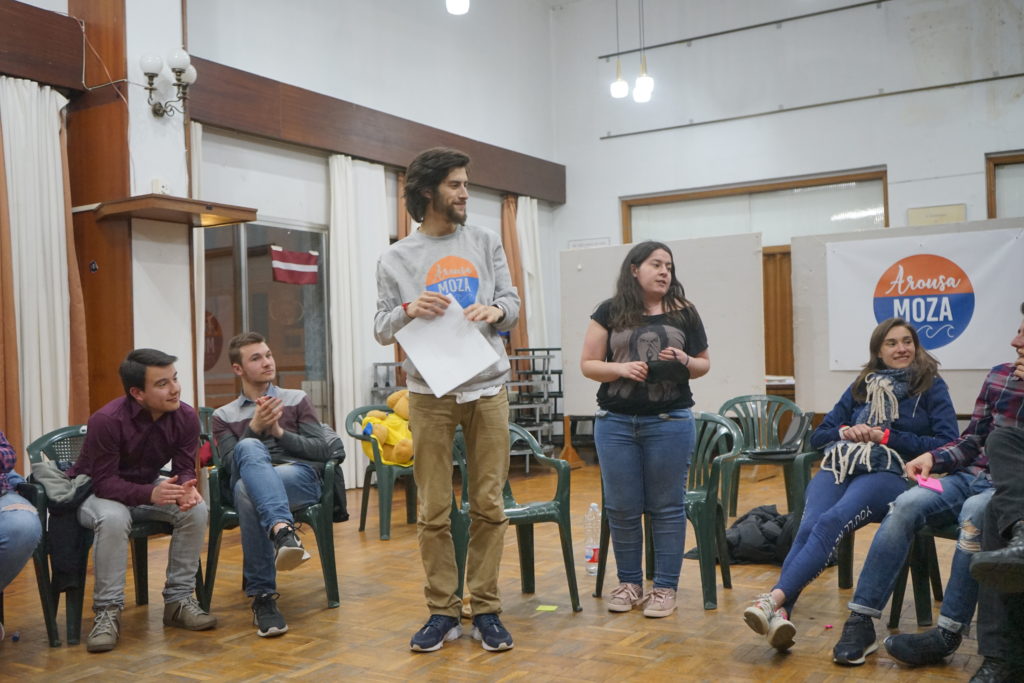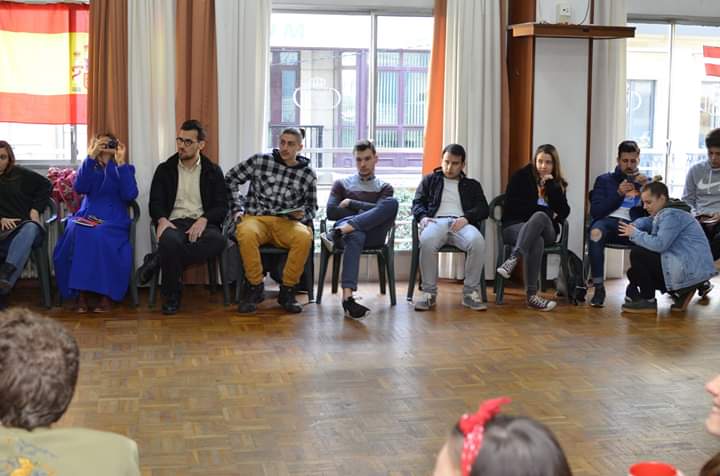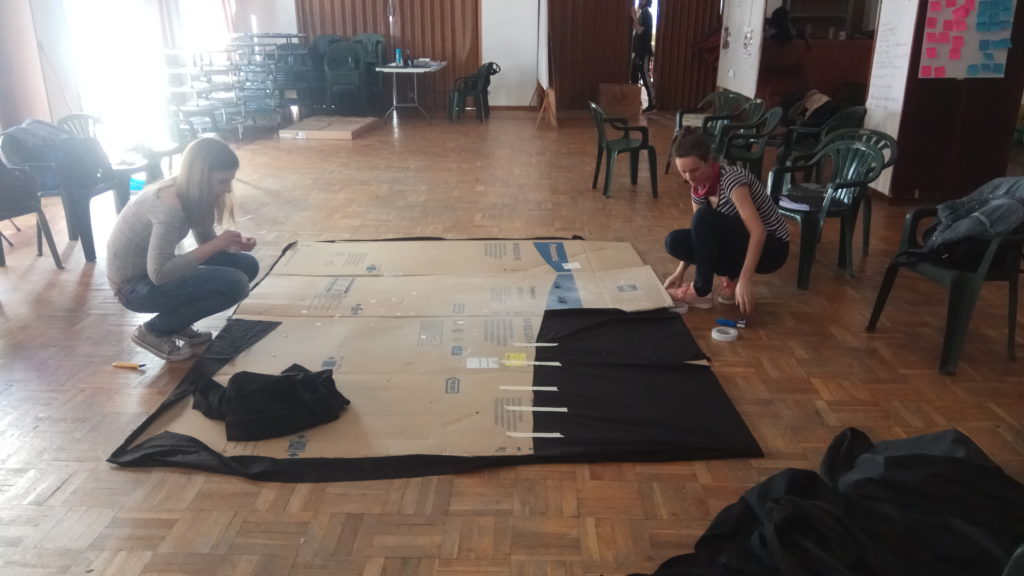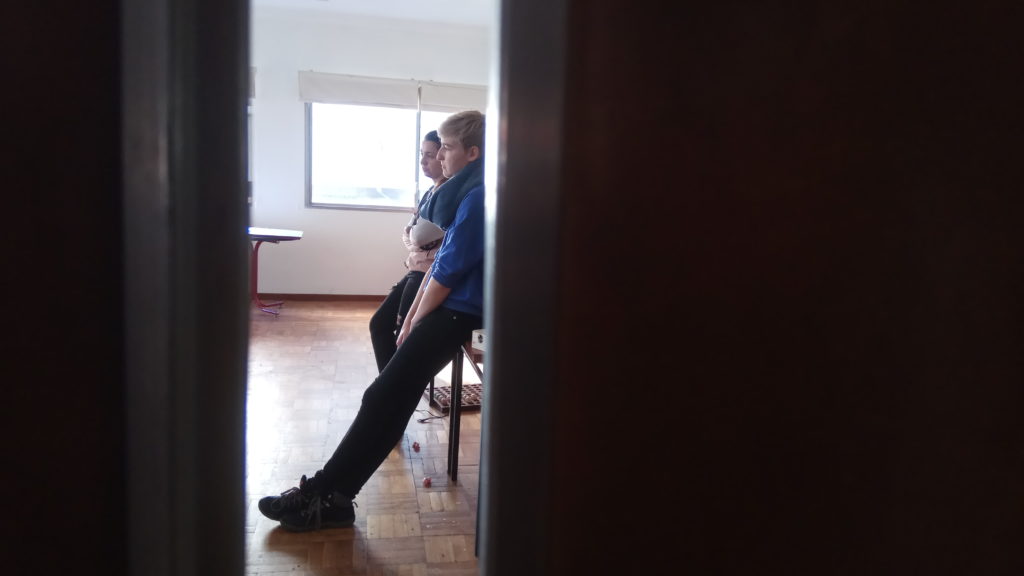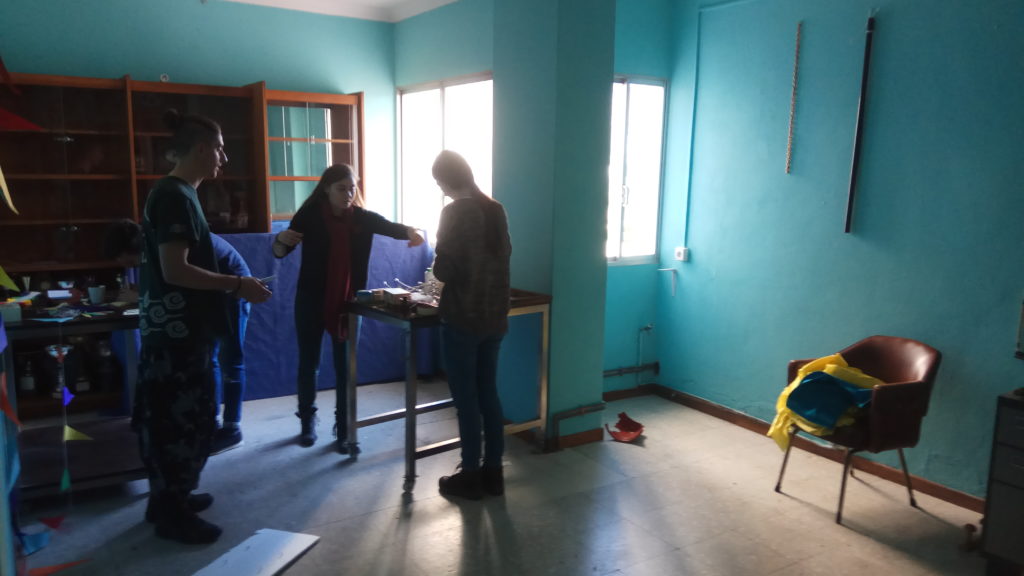Escape to diversity. Poltava, Ukraine, 2021
Escape to diversity is a project about escape rooms for educational purposes. At this training course, we gathered 20 youth workers, NGO activists and youth leaders to teach them how to use escape rooms for education.
This training course was funded by the International Visegrad Fund in 2020 and it took a long year for us to implement it. We had to deal with the coronavirus epidemic, travel restrictions and one of the trainers getting COVID on the last day before the activity. But we managed it!
Though our original intention was to do it in Kyiv, in the end, we implemented it in Poltava. This is a beautiful city with amazing people. Thanks to the professionalism of our organizers - Veronika Kurkina and Dmitriy Markov, the training course was implemented flawlessly.
The idea of the training course was similar to other training courses we made on this topic. Participants learned about escape rooms, went to play several of those to practice and then built 3 amazing rooms of their own.
On 23rd of May, we made an open event to invite locals to play the rooms that were made by participants and to promote ideas of inclusion, diversity and human rights. Event was attended by 25 people and together with training course participants, they played escape rooms over 15 times.

Toolboxes
Below you can find a short description of the rooms that participants built and links to toolboxes, that contain all needed information if you want to build one yourself. In case if you need help with constructing your own room contact us at [email protected] or find contacts of escape rooms designers in the toolboxes
Sürgünlik
This is an escape room that tells about the deportation of Crimean Tatars in 1944. Though being quite difficult emotionally this room was extremely interesting to visit and play. Players learned about facts and stories about the genocide of the Crimean Tatar nation.
Hata na tata
In this escape room, players will have a chance to think about equal distribution of family responsibilities, appreciate a woman's work as a mother, a wife and a working person. Understand difficulties and their effect on mental health.
Broadcast studio
Creators of this escape room worked on the important topic of religious understanding. Players will step into the shoes of journalists who need to stop the publishing of the discriminative article.
Teams that created escape rooms
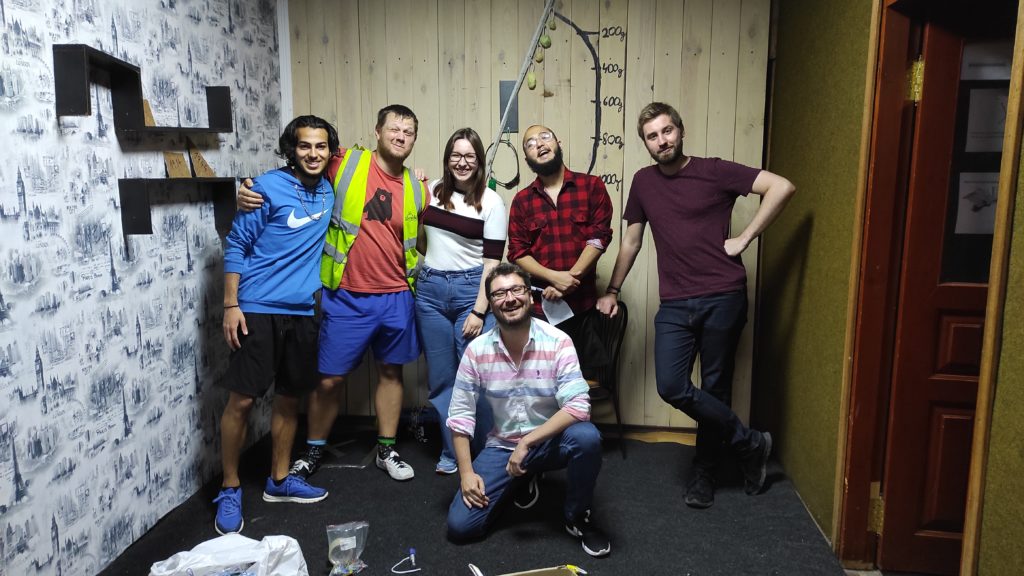
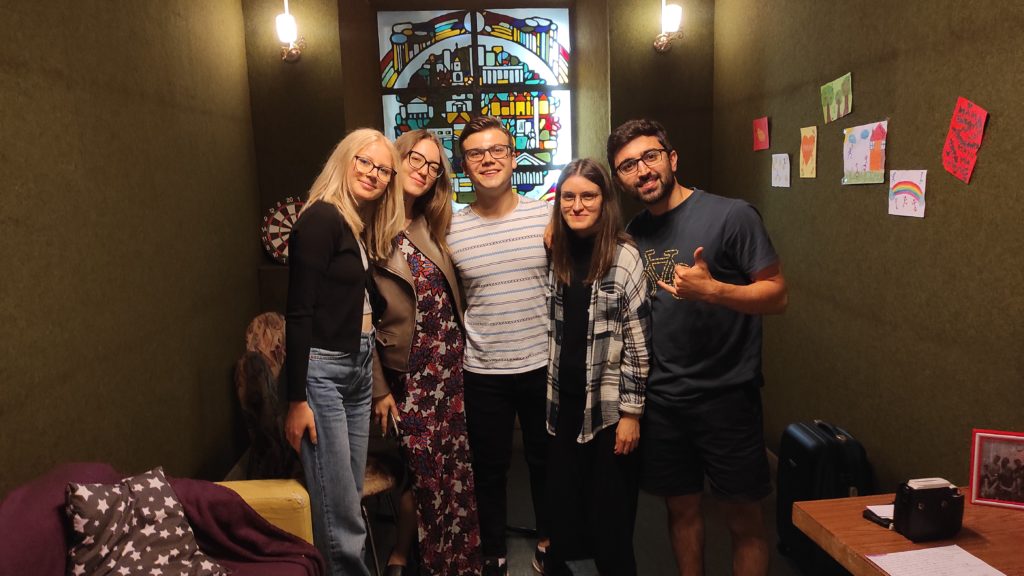
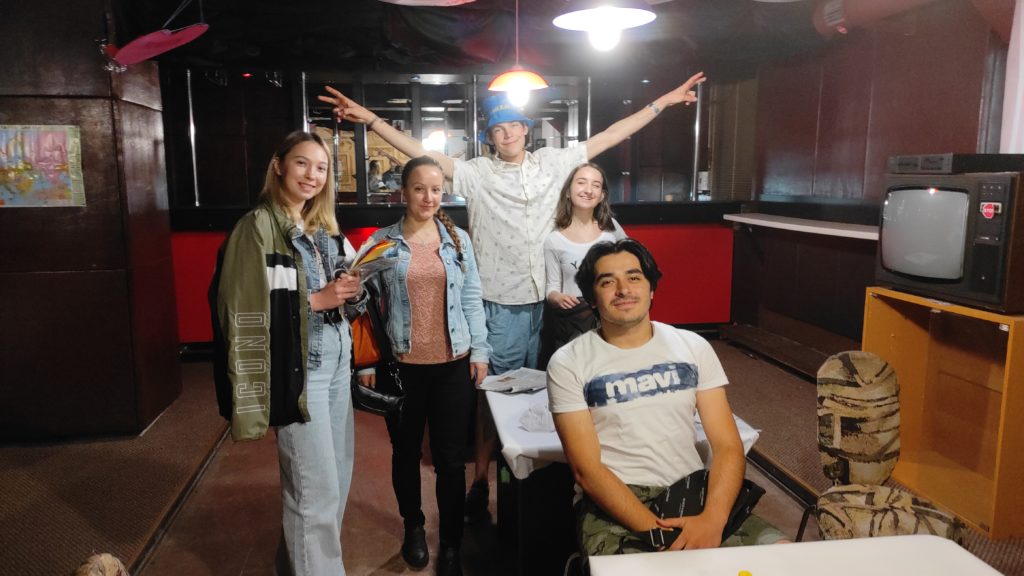
Educational escape rooms creation guide
An additional output of the training course is a short guide on how to build educational escape rooms. Check it below to understand how you start making an educational escape room, how you choose a room, make puzzles and design interesting story. This guide also contains links to video tutorials that we made to help youth workers build their educational escape rooms.
Web-site
More information about the project is also available at the project's web-site https://escapeproject.logos.ngo/
Project partners
The project was developed and hosted by Logos Ukraine, but it wouldn't be possible without the help and cooperation of our amazing partners:
- Logos Polska - Poland
- Youthfully Yours SK - Slovakia
- European Youth Centre Břeclav - Czechia
- Tudatos Tervezésért Egyesület / Long-Term Planning Association - Hungary

